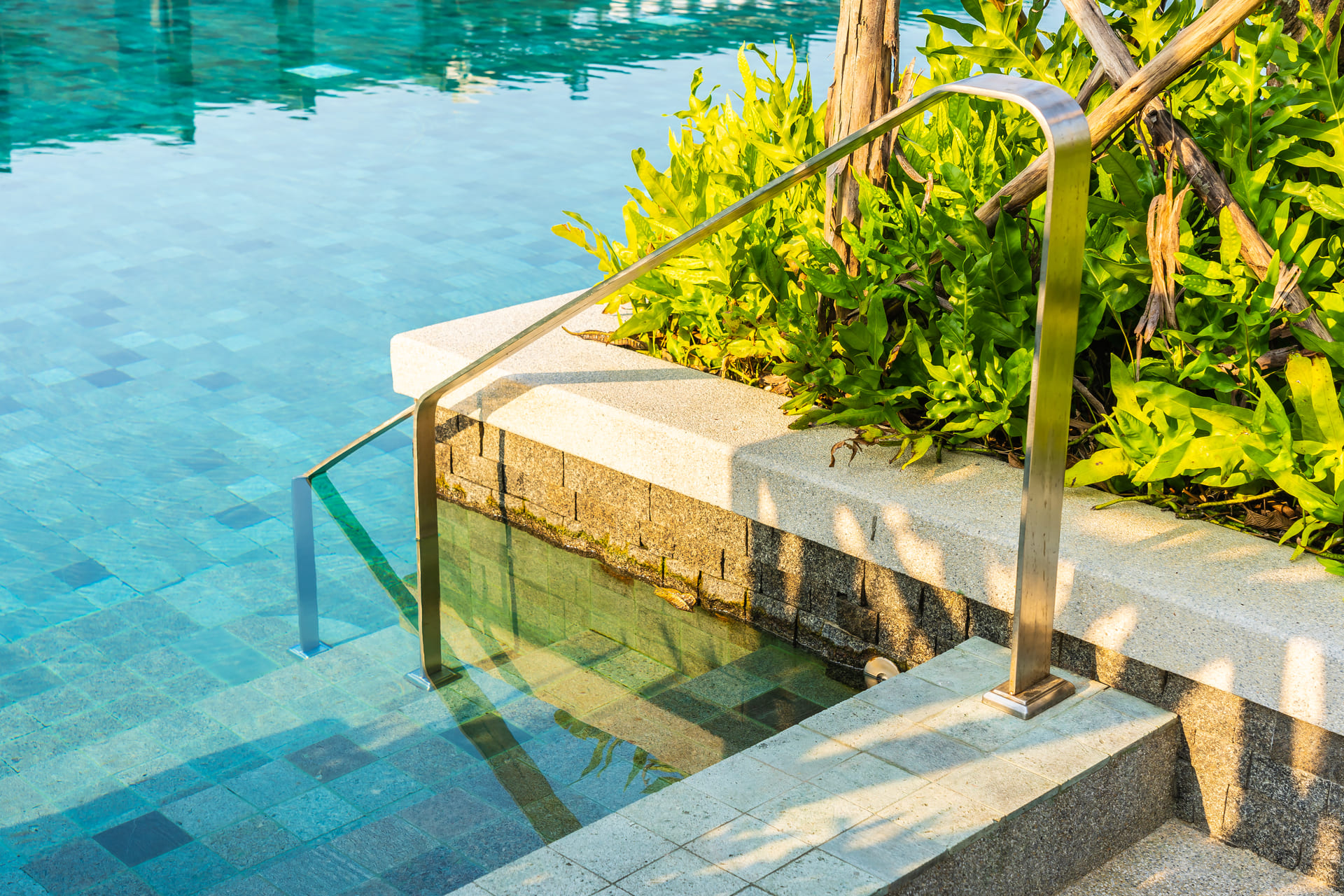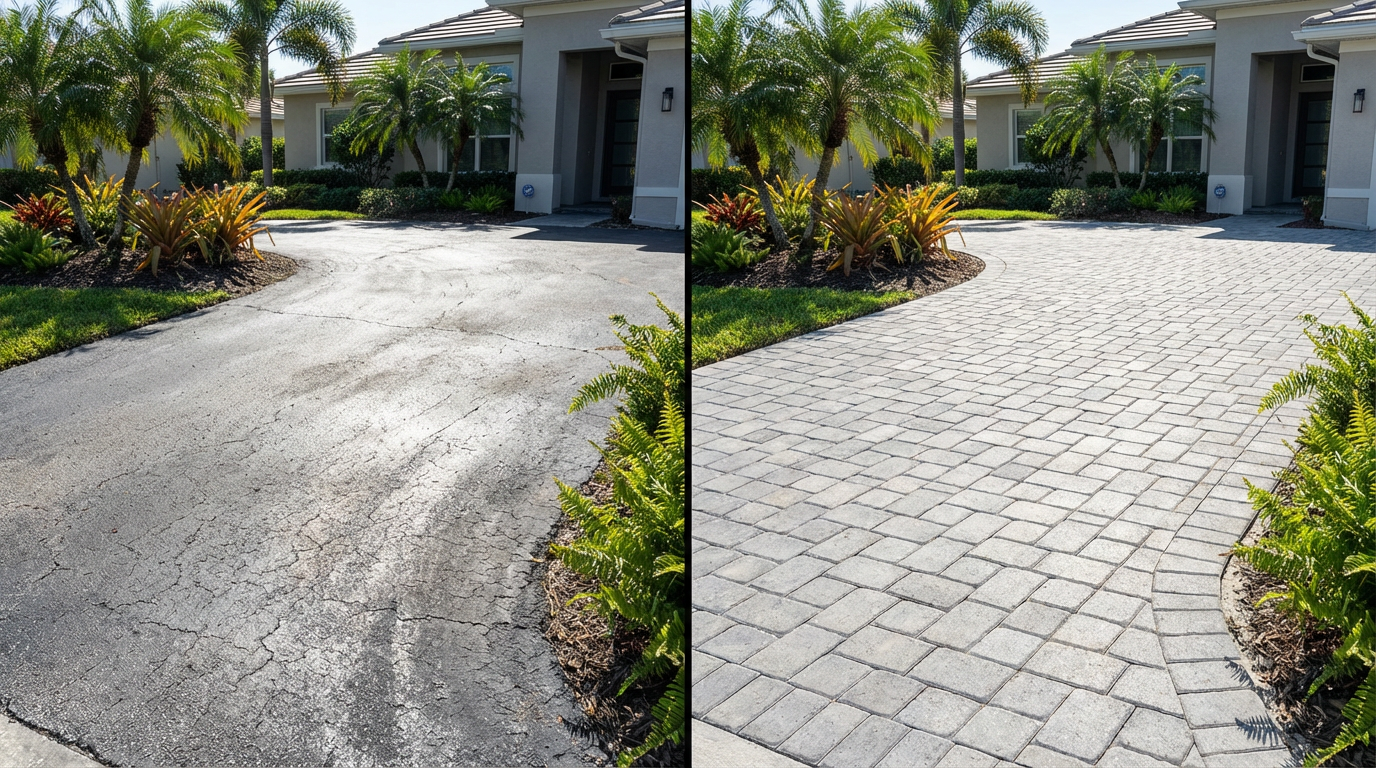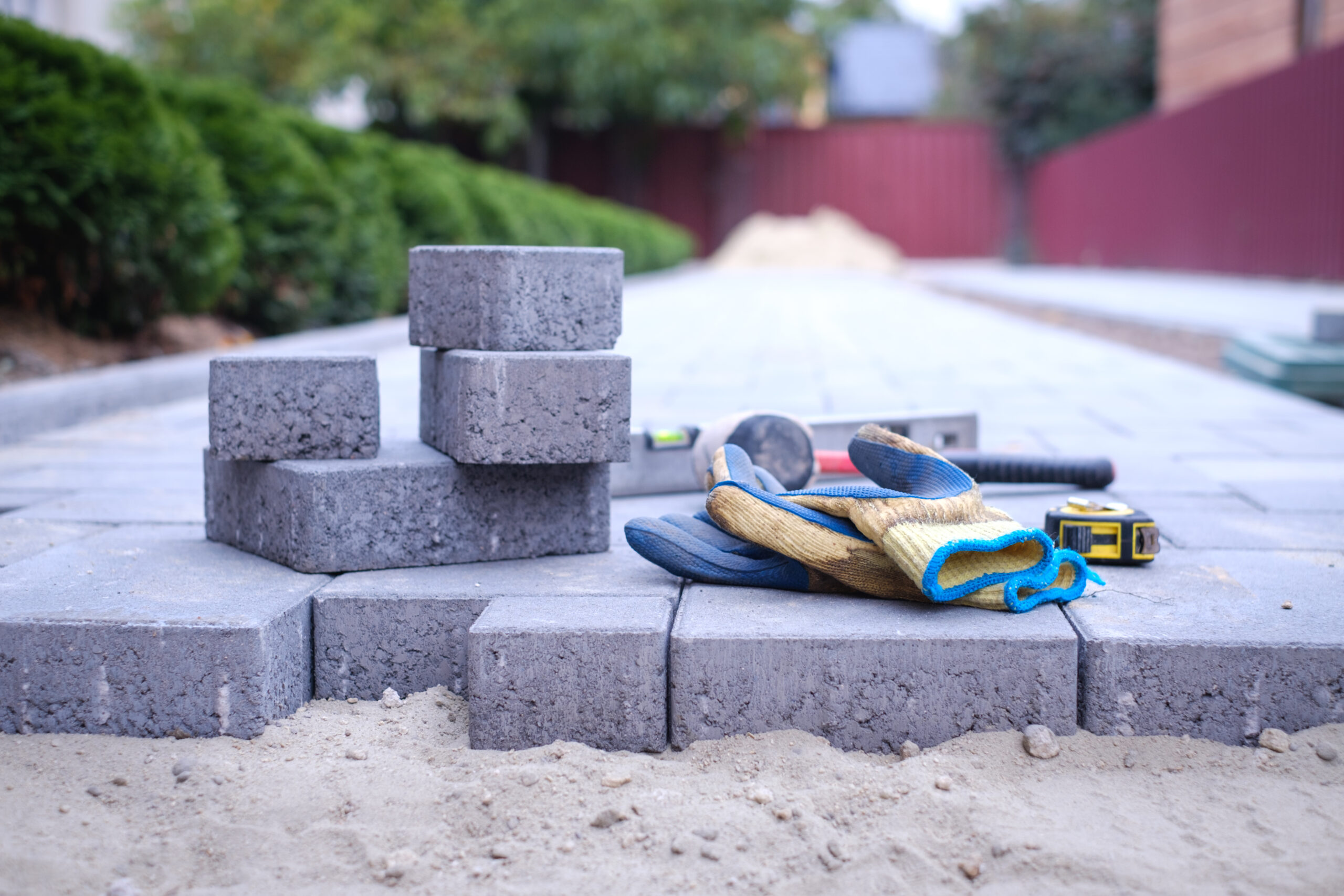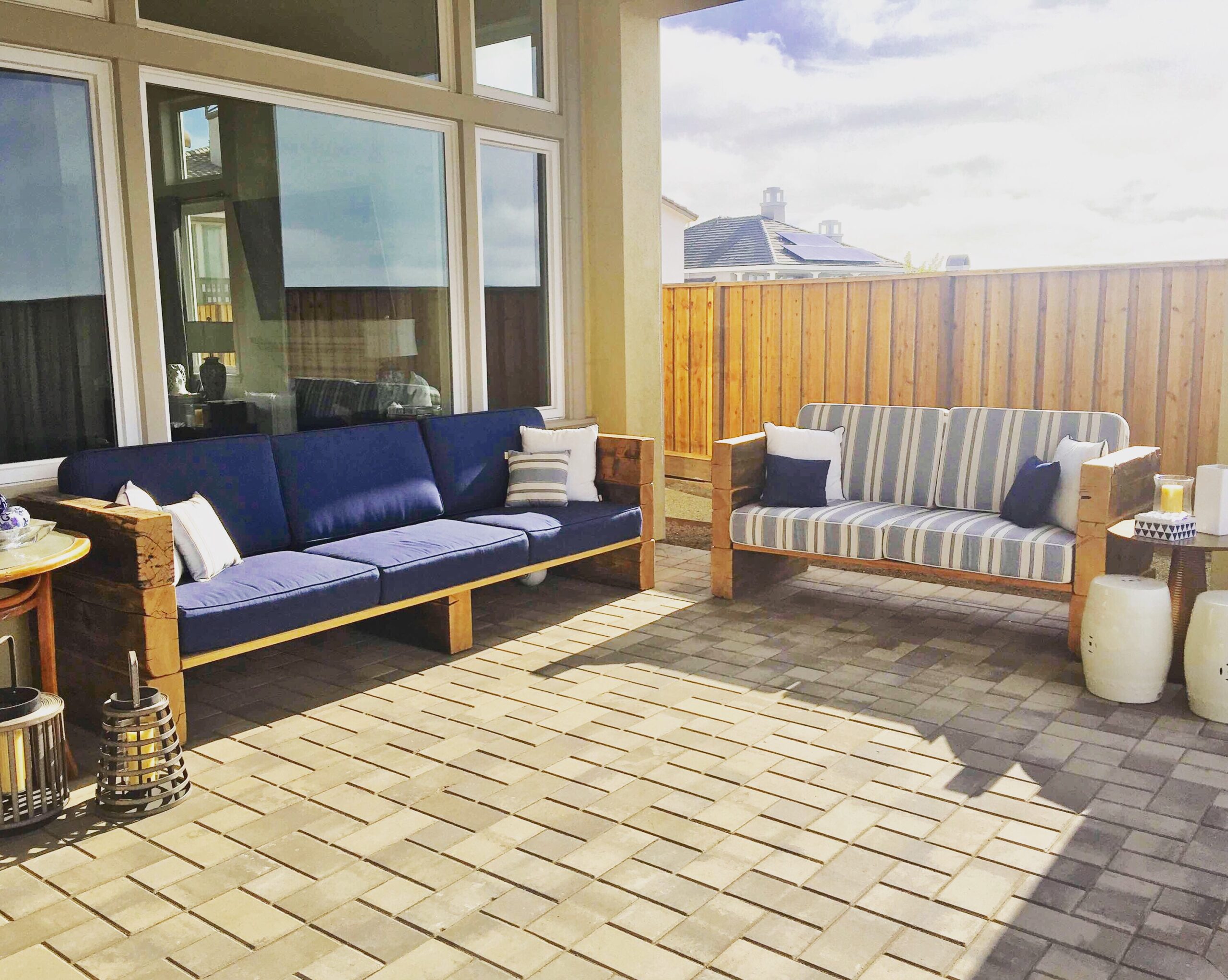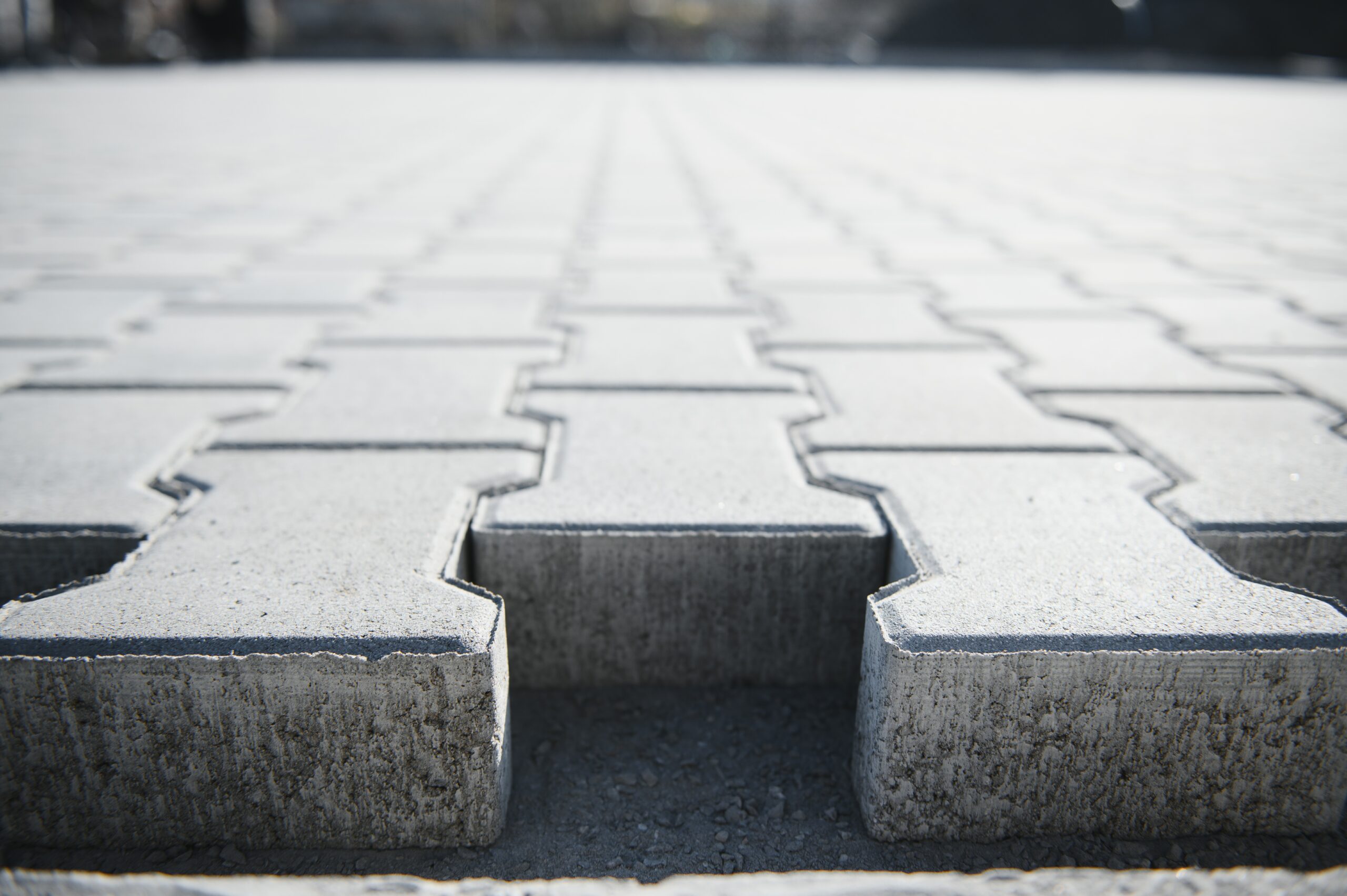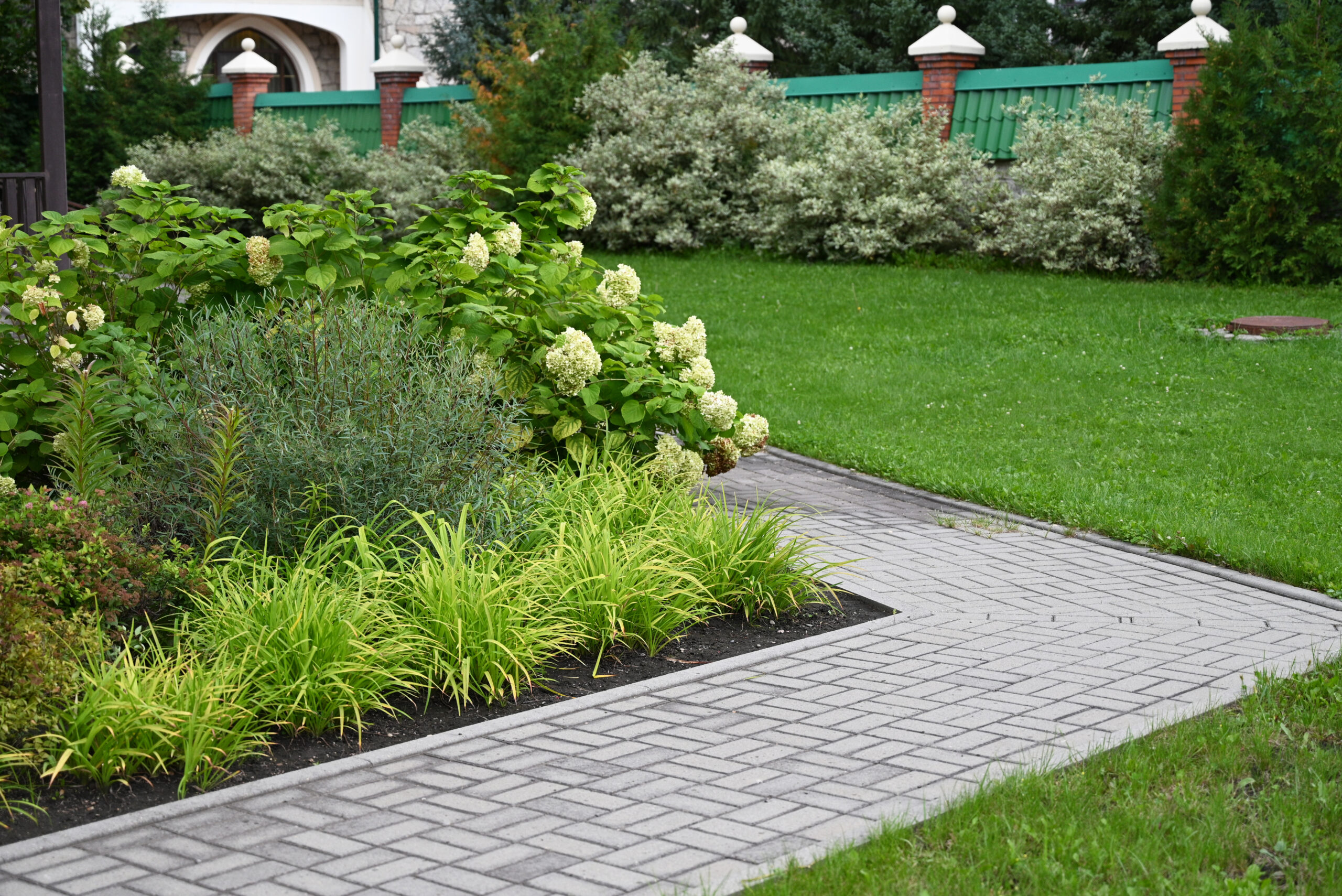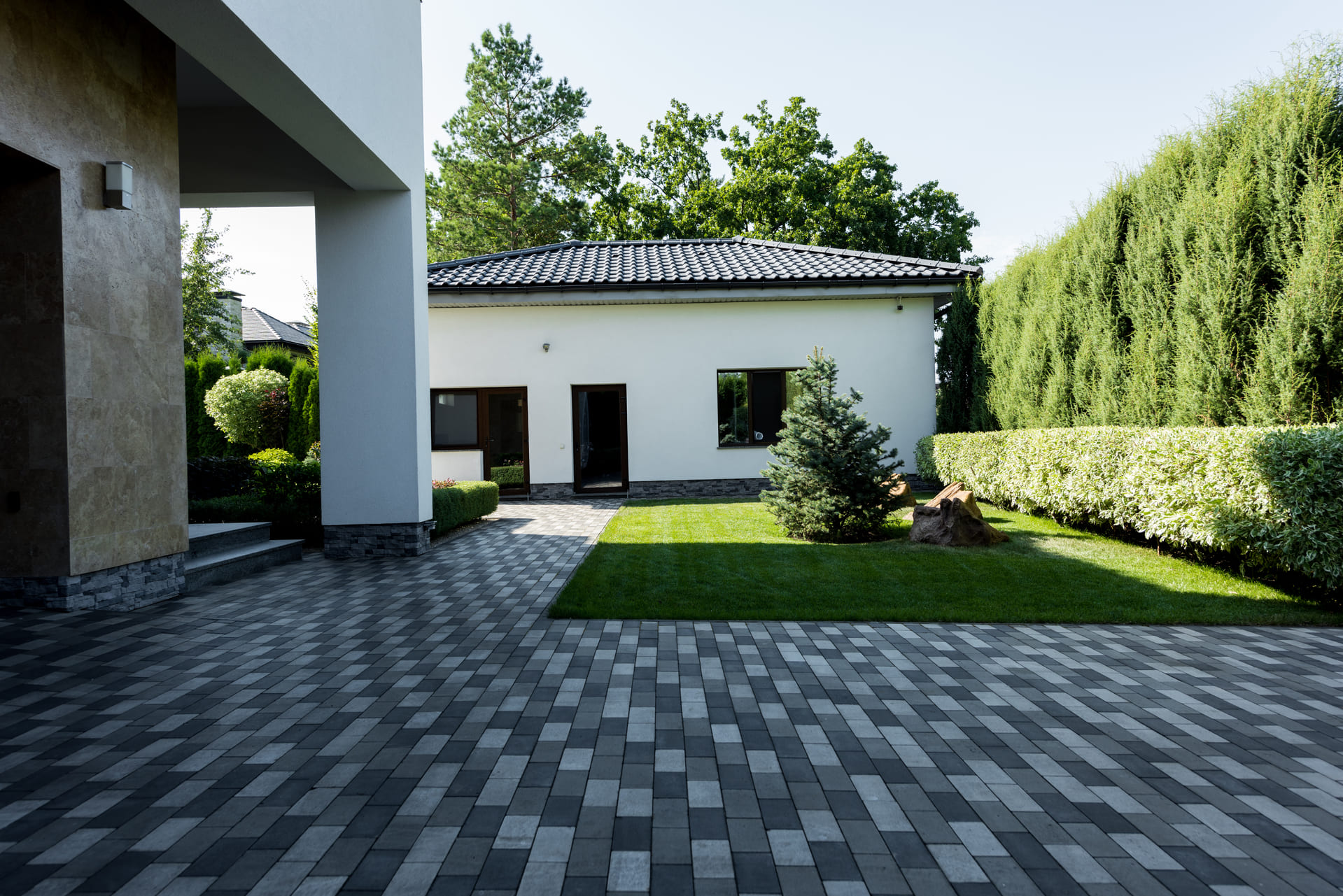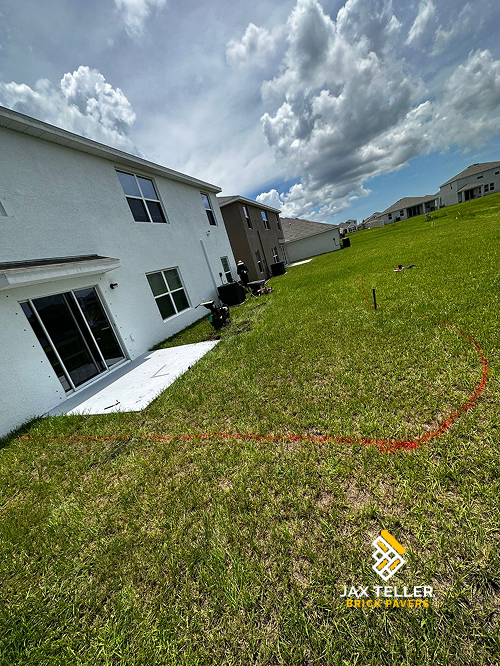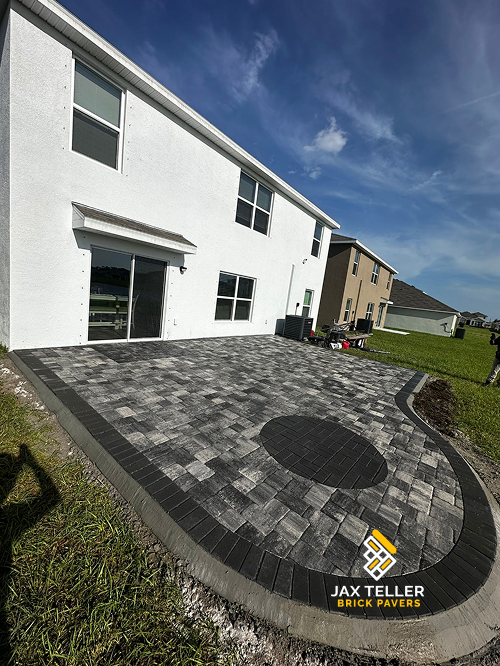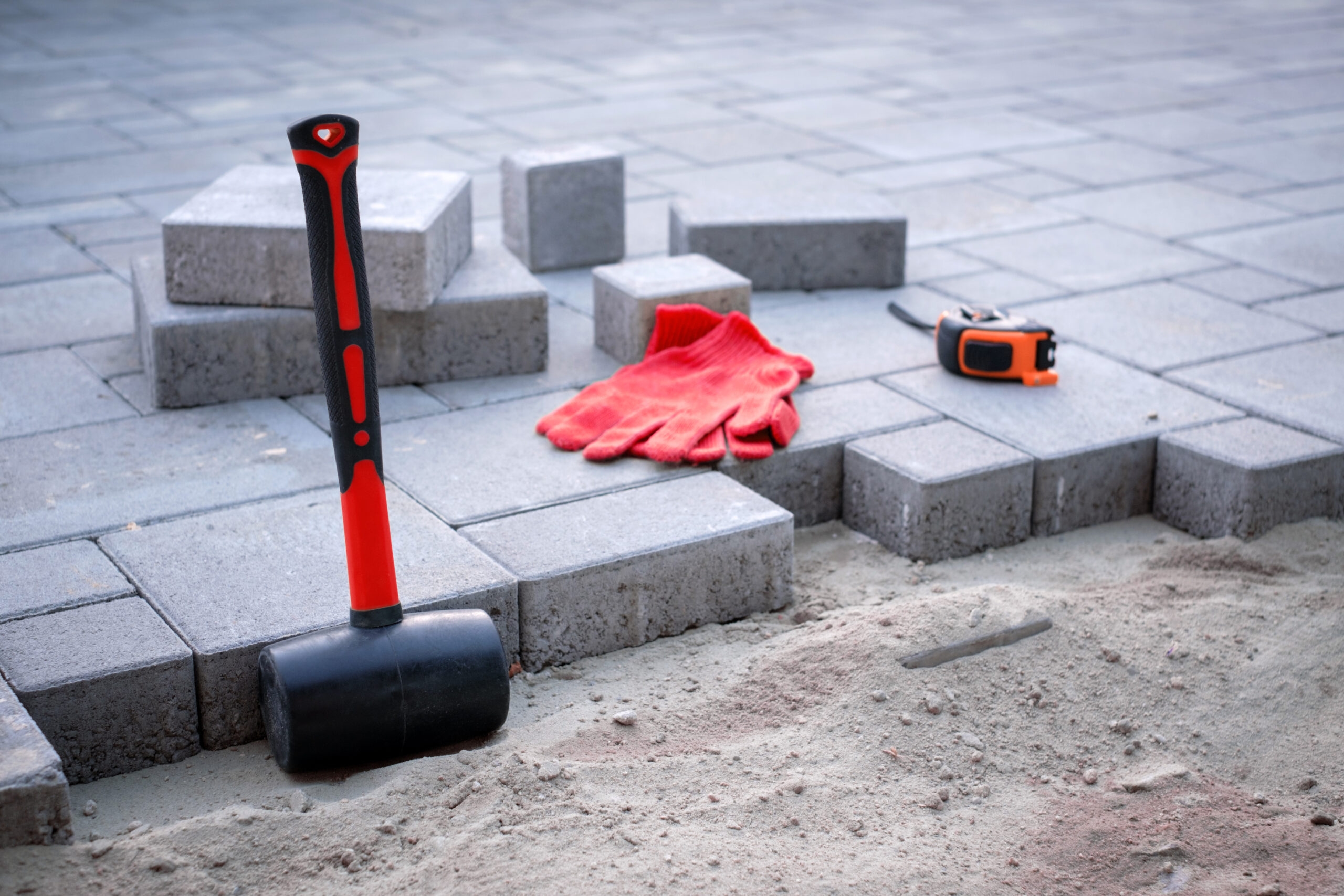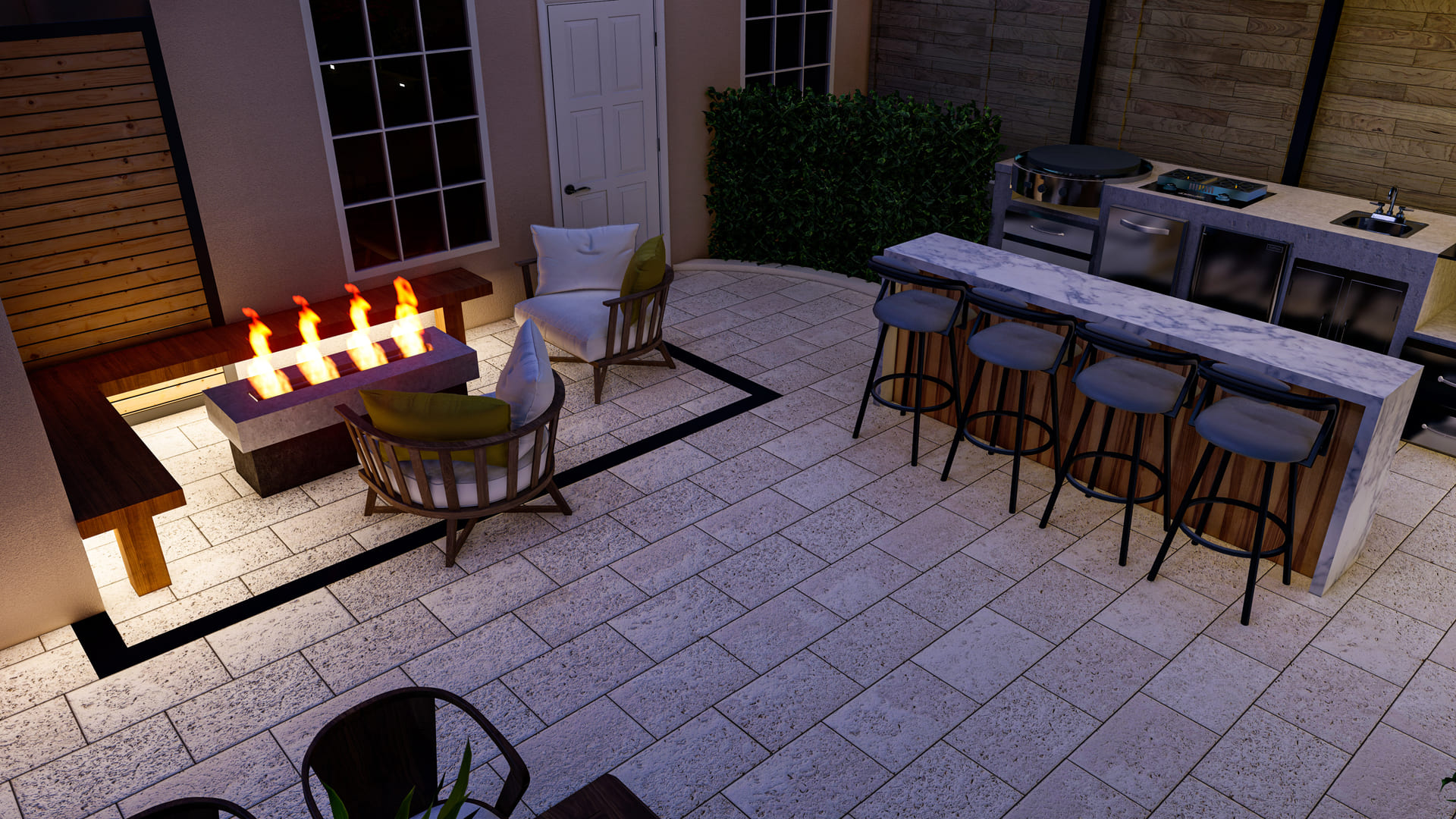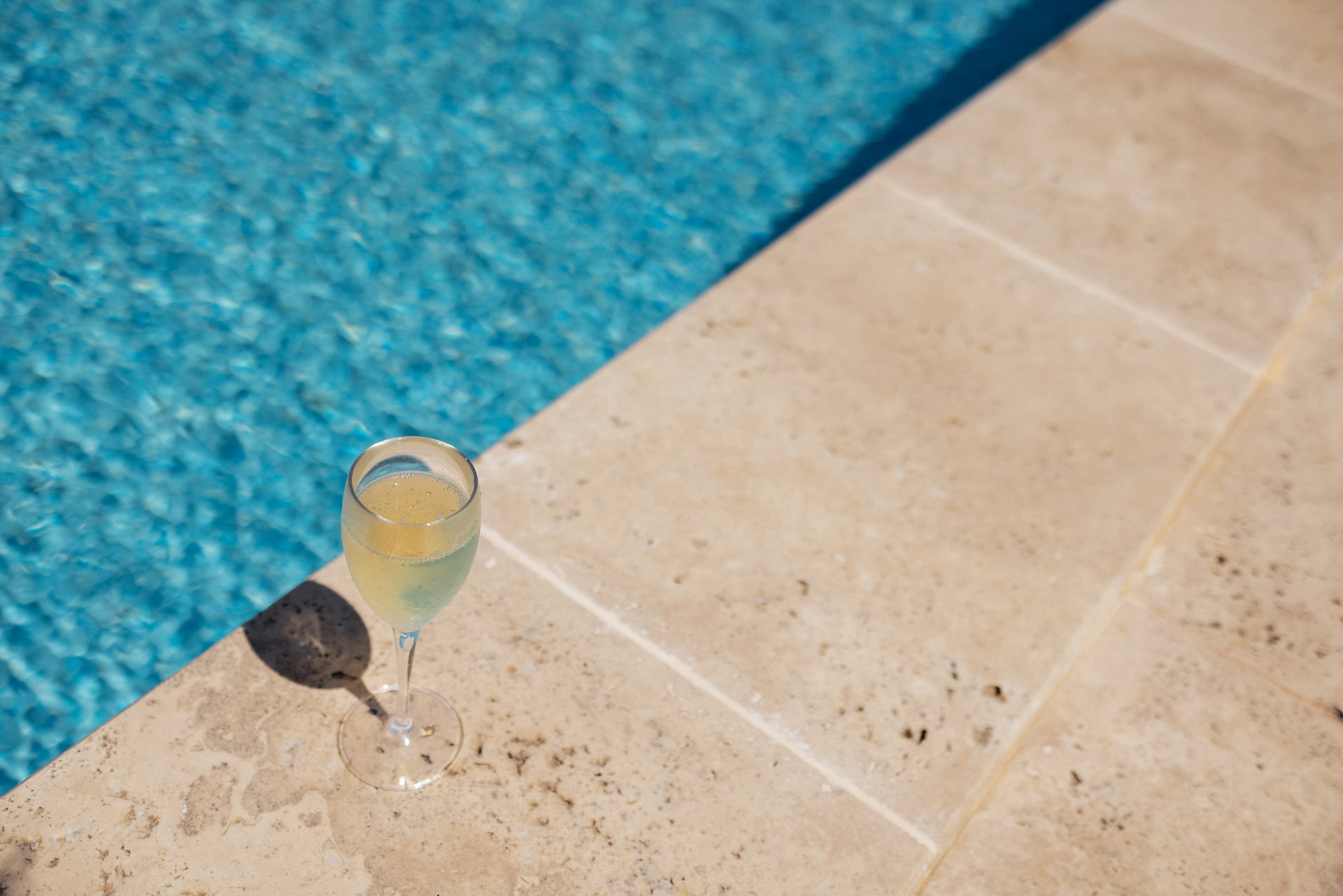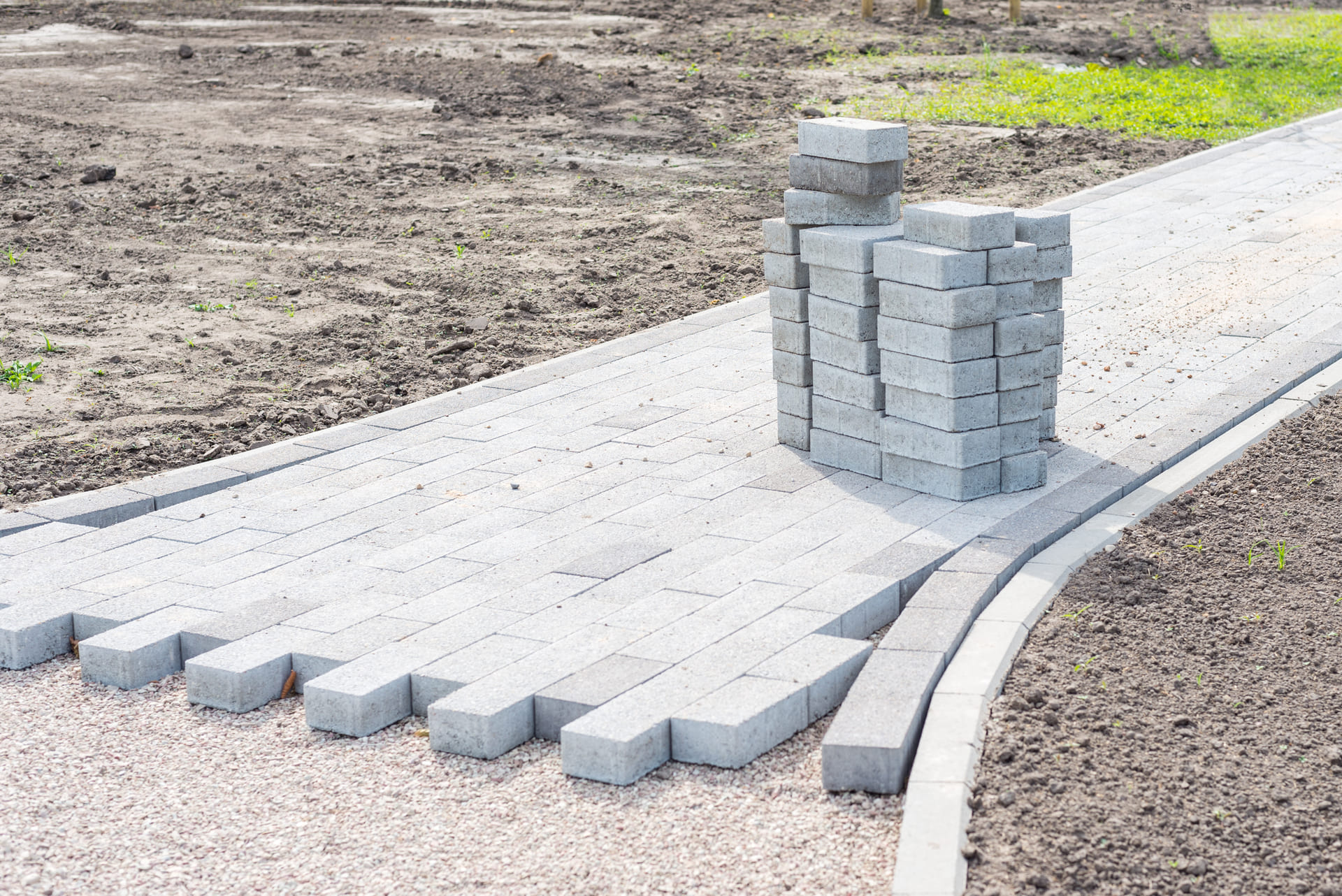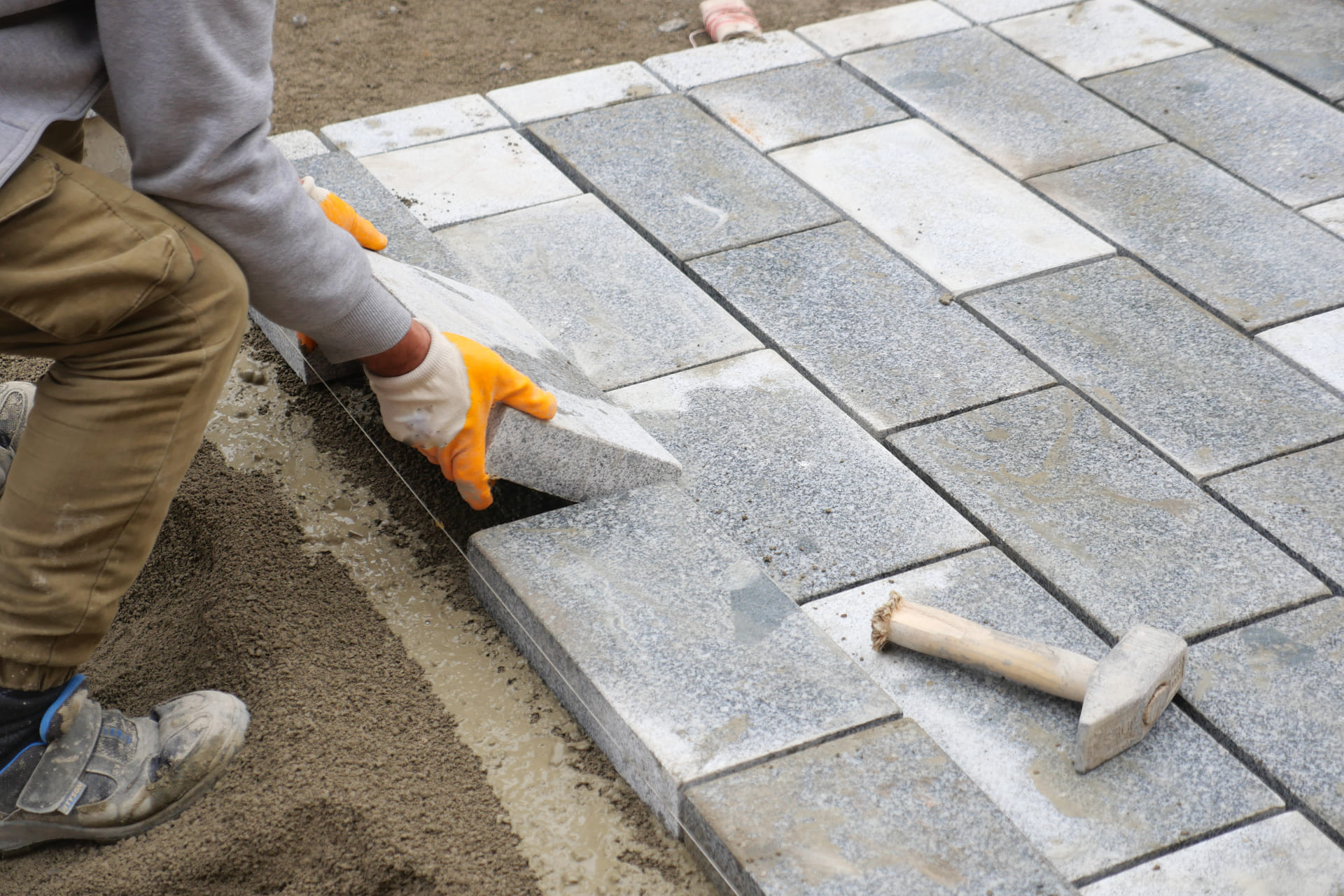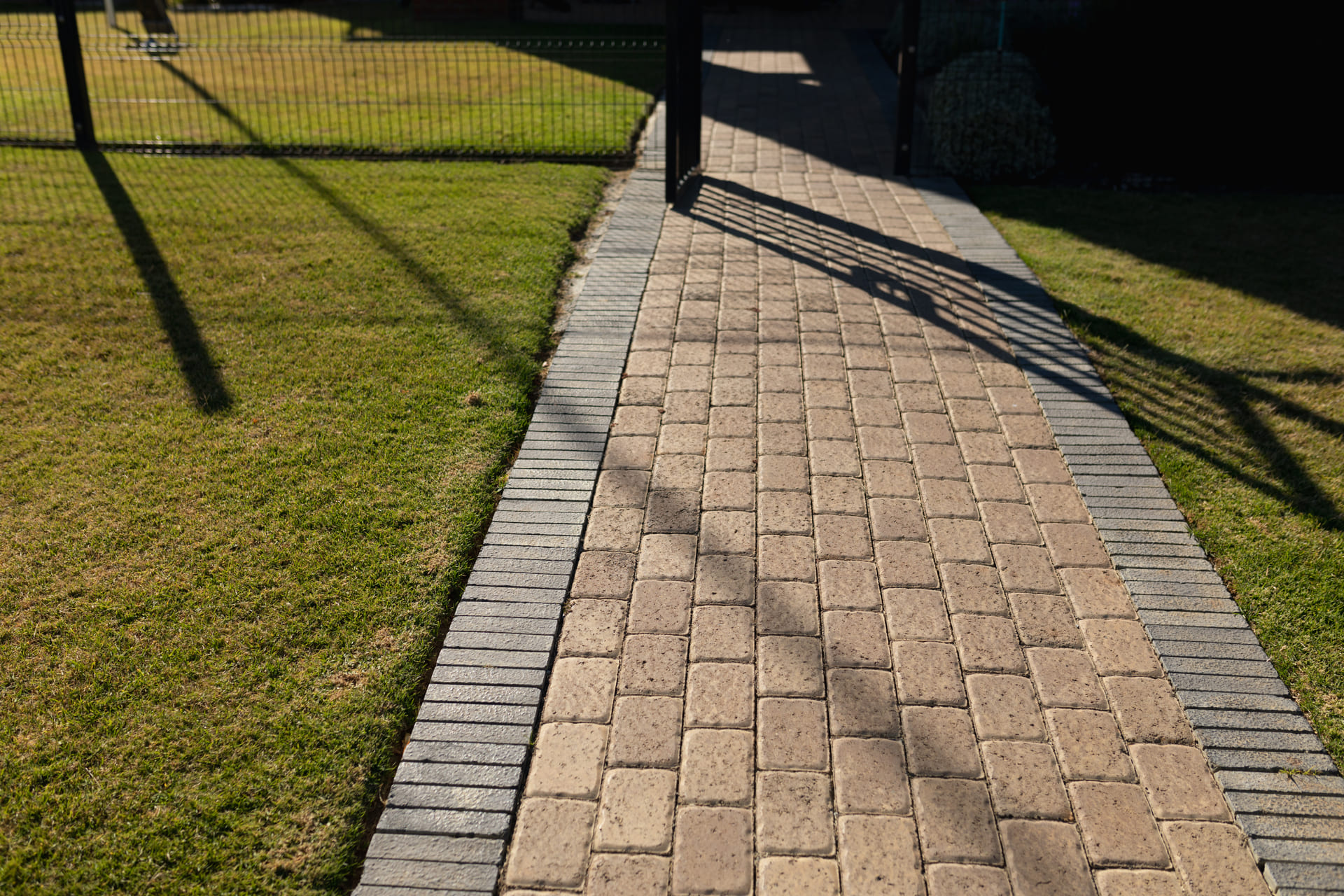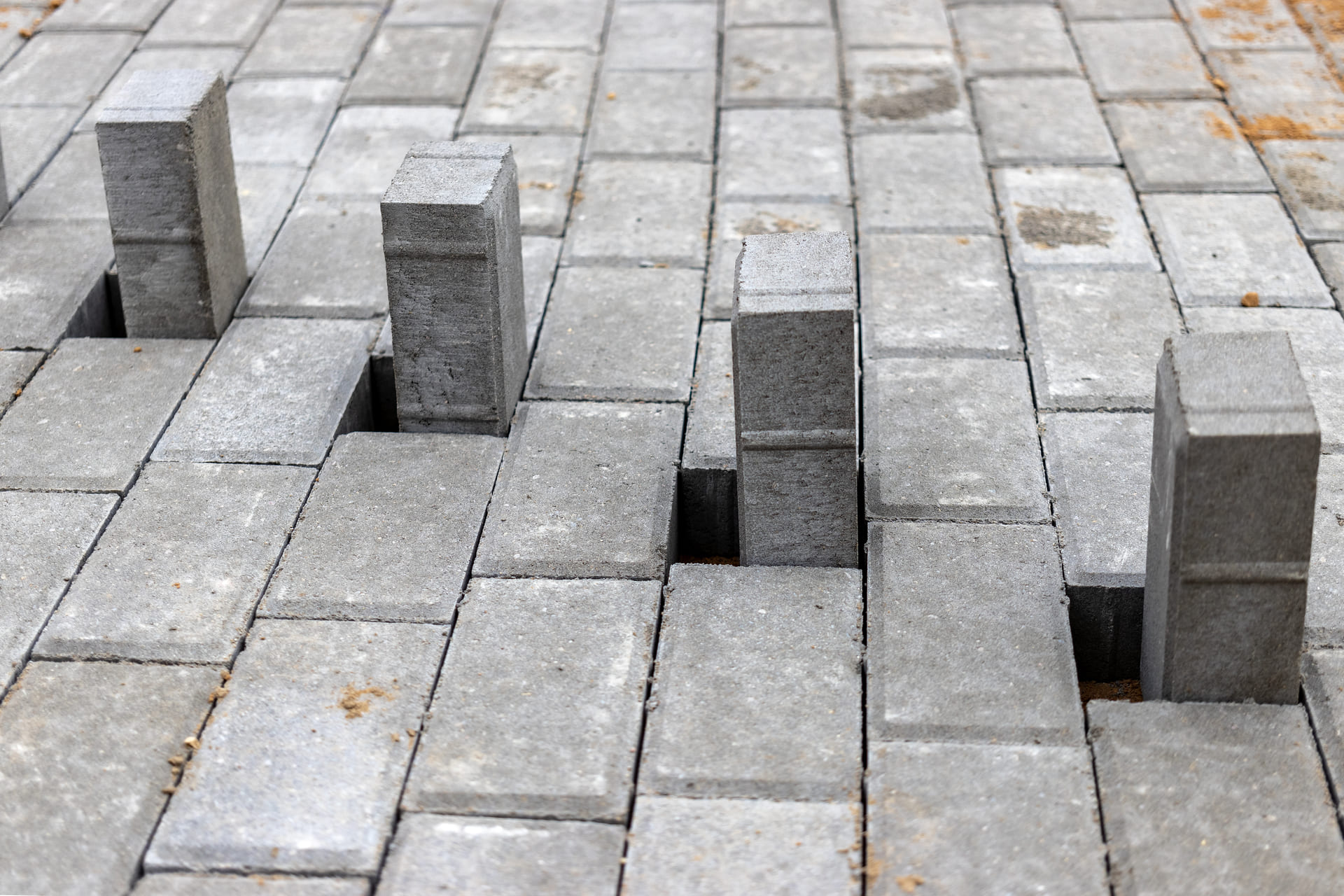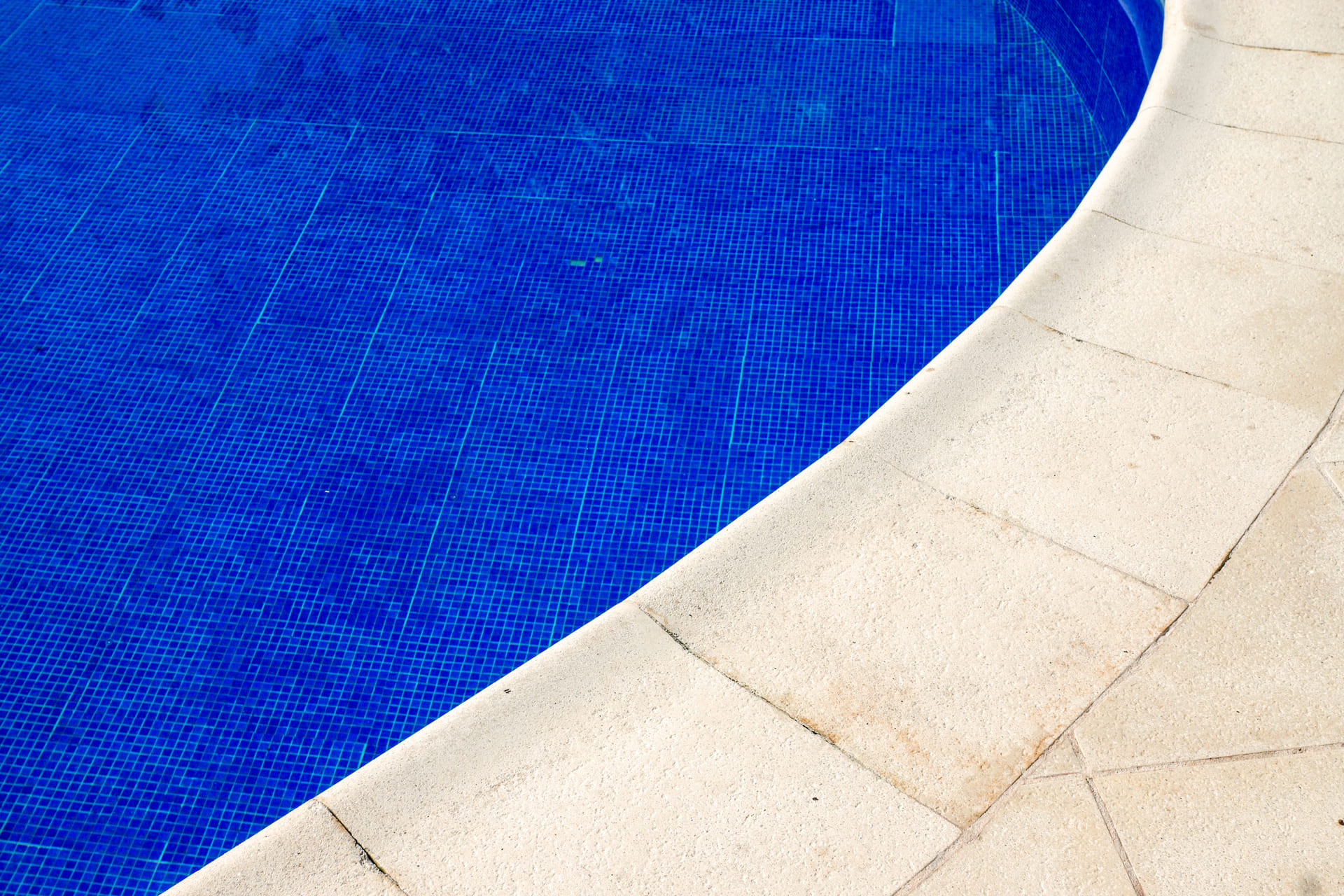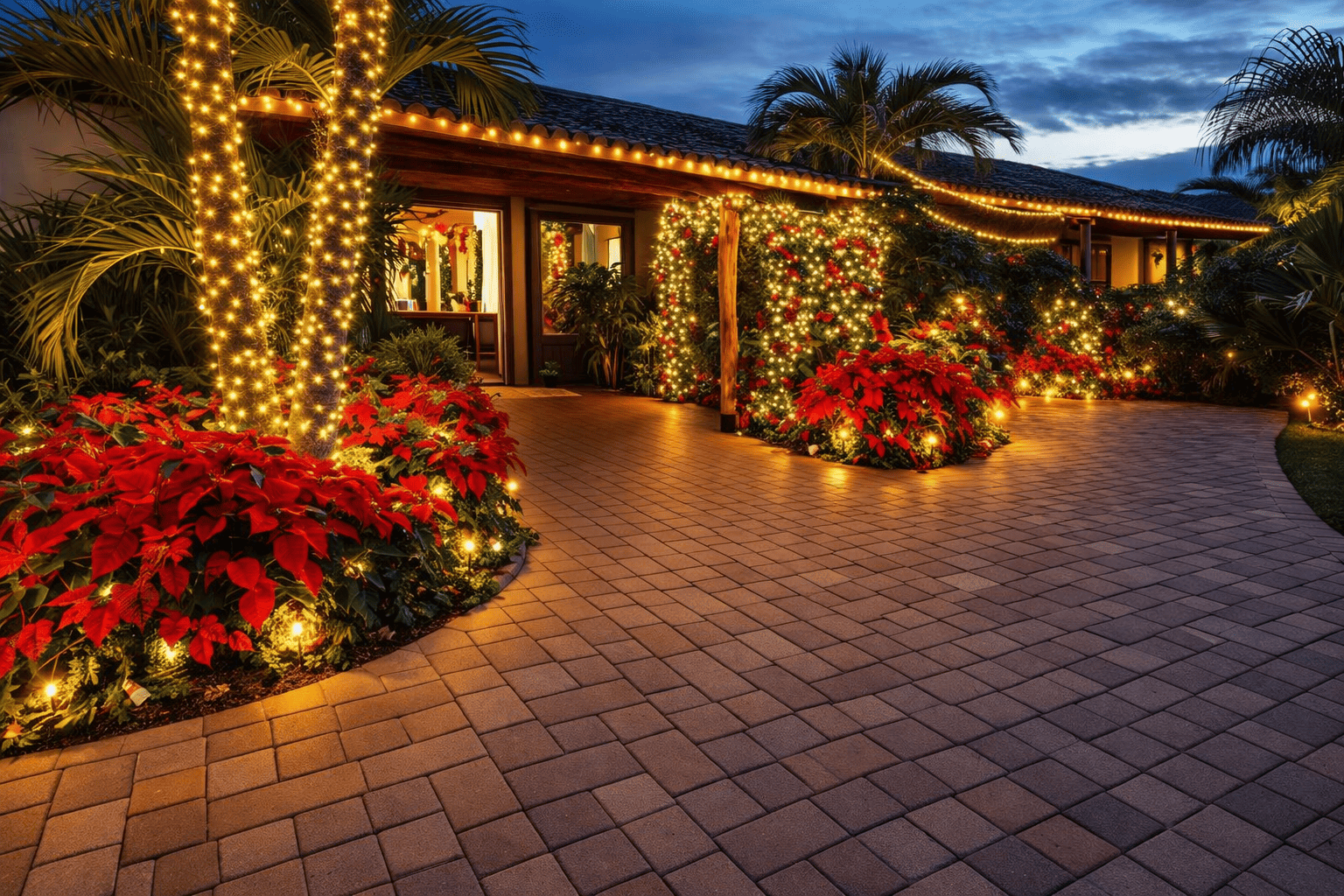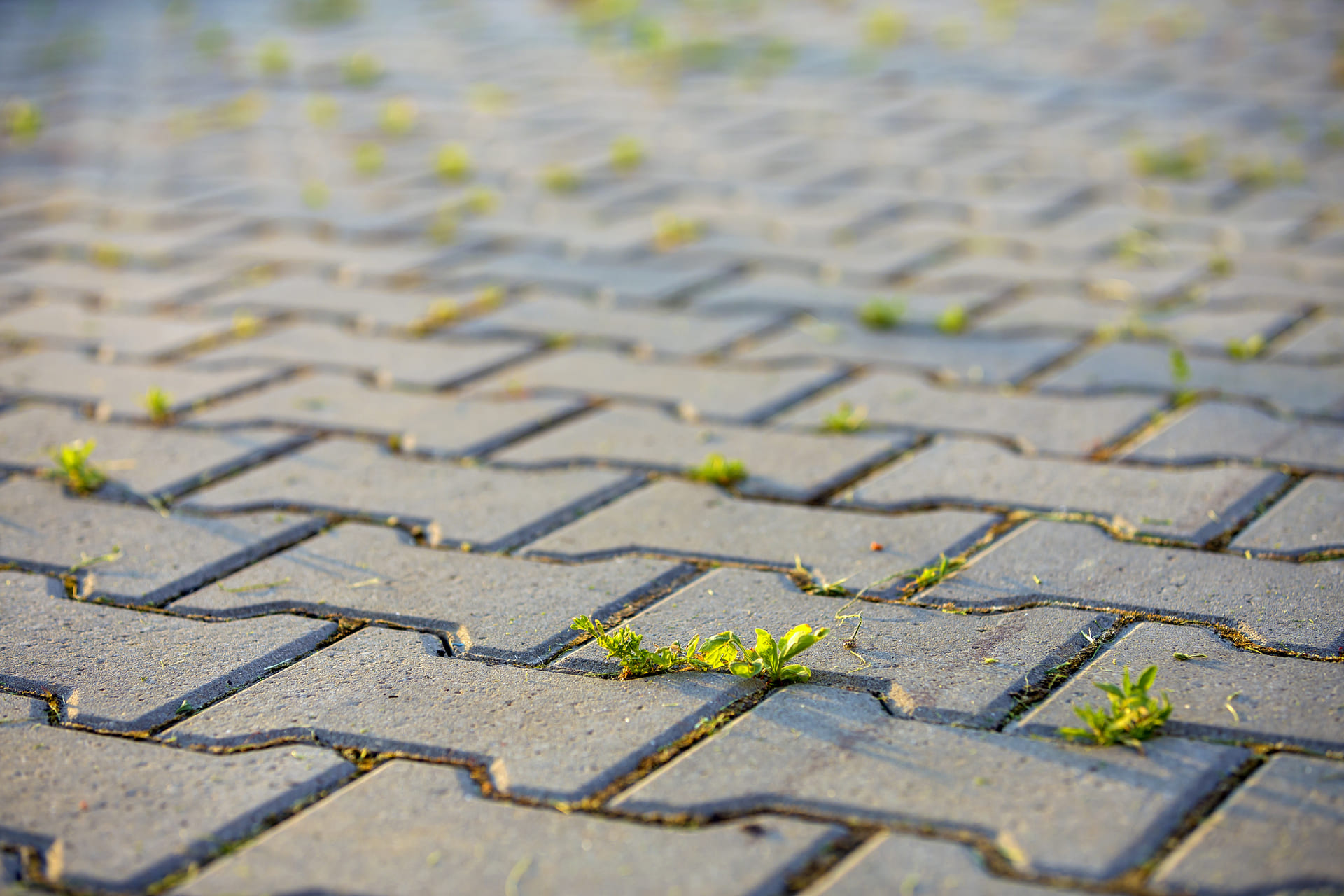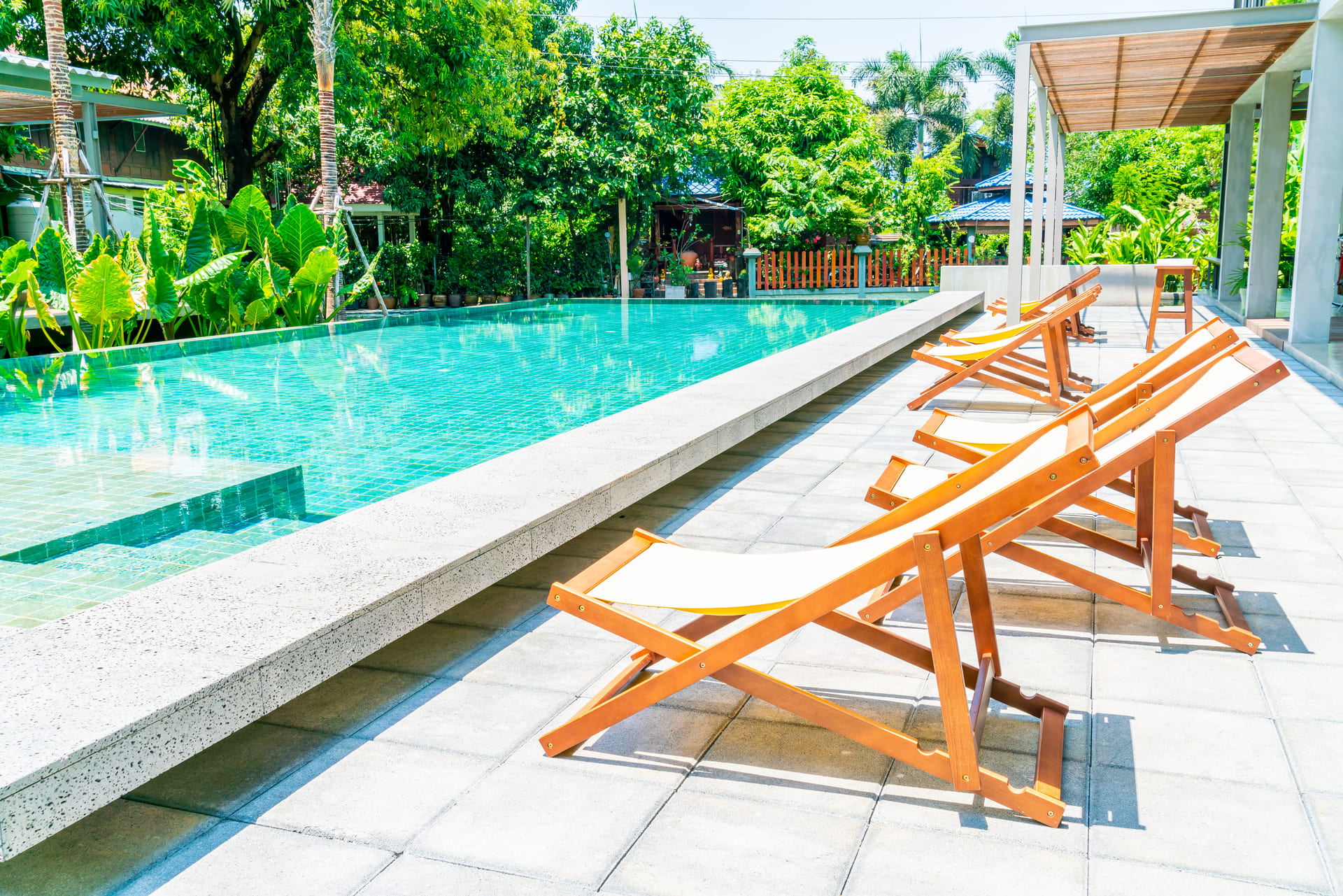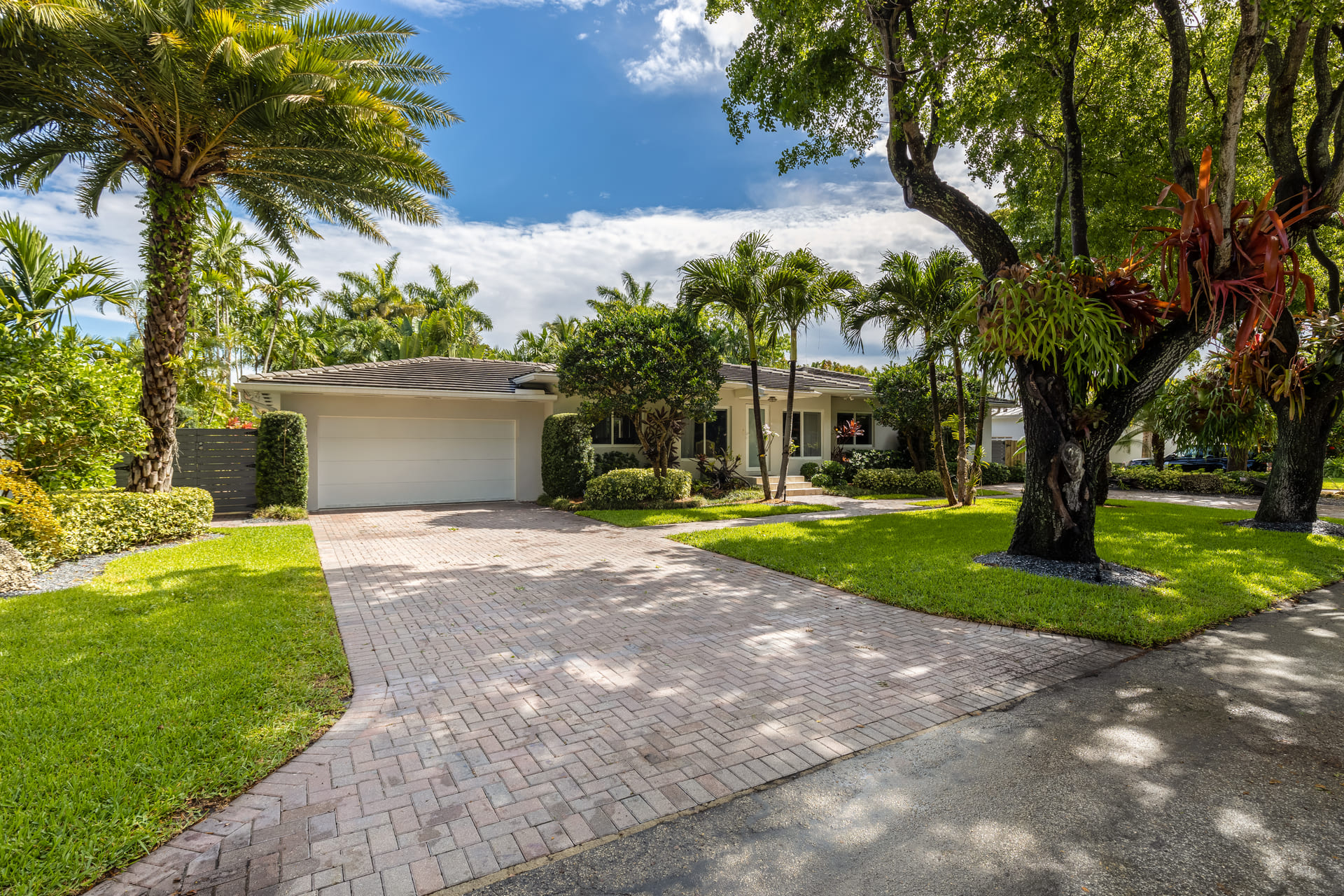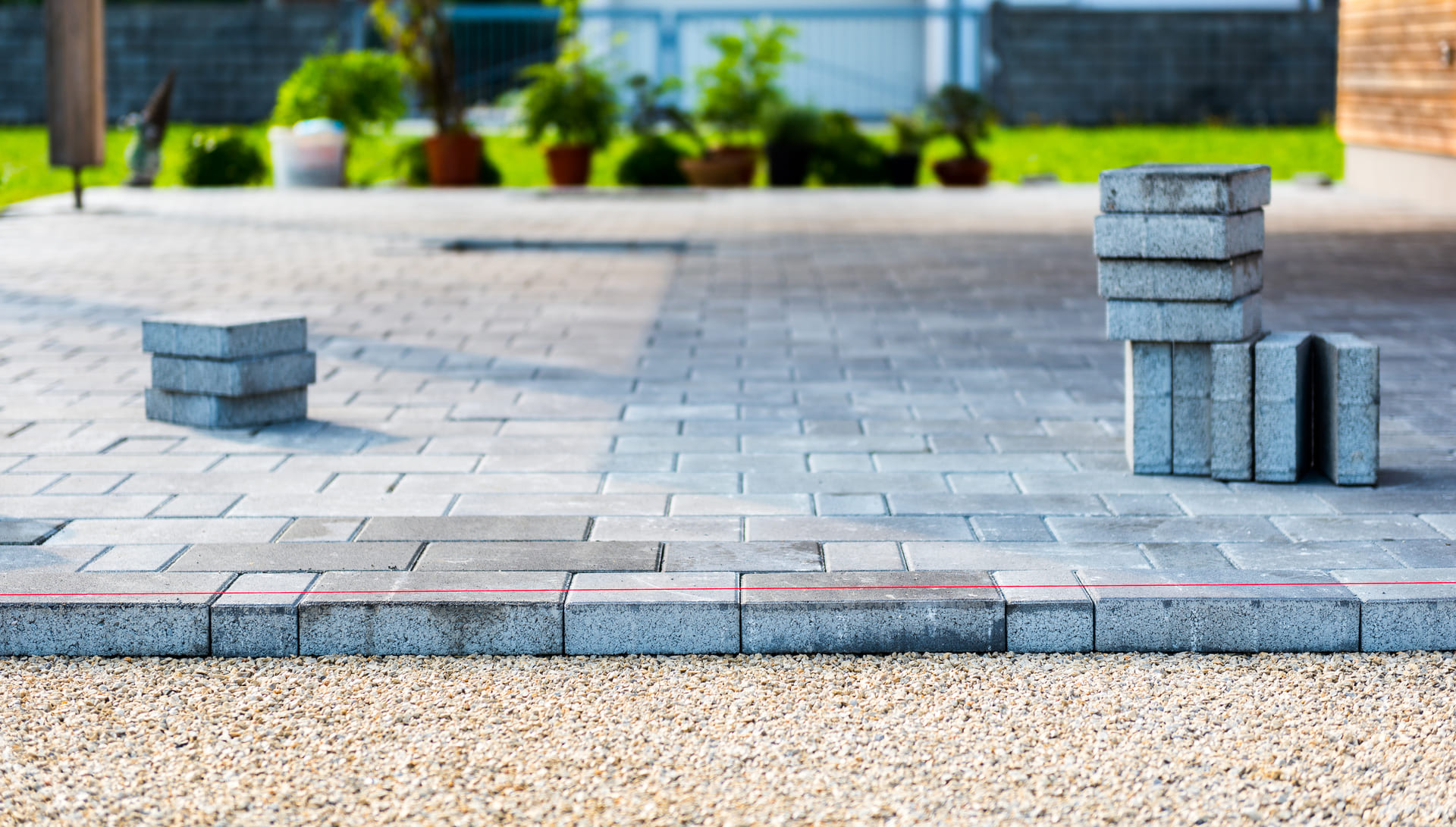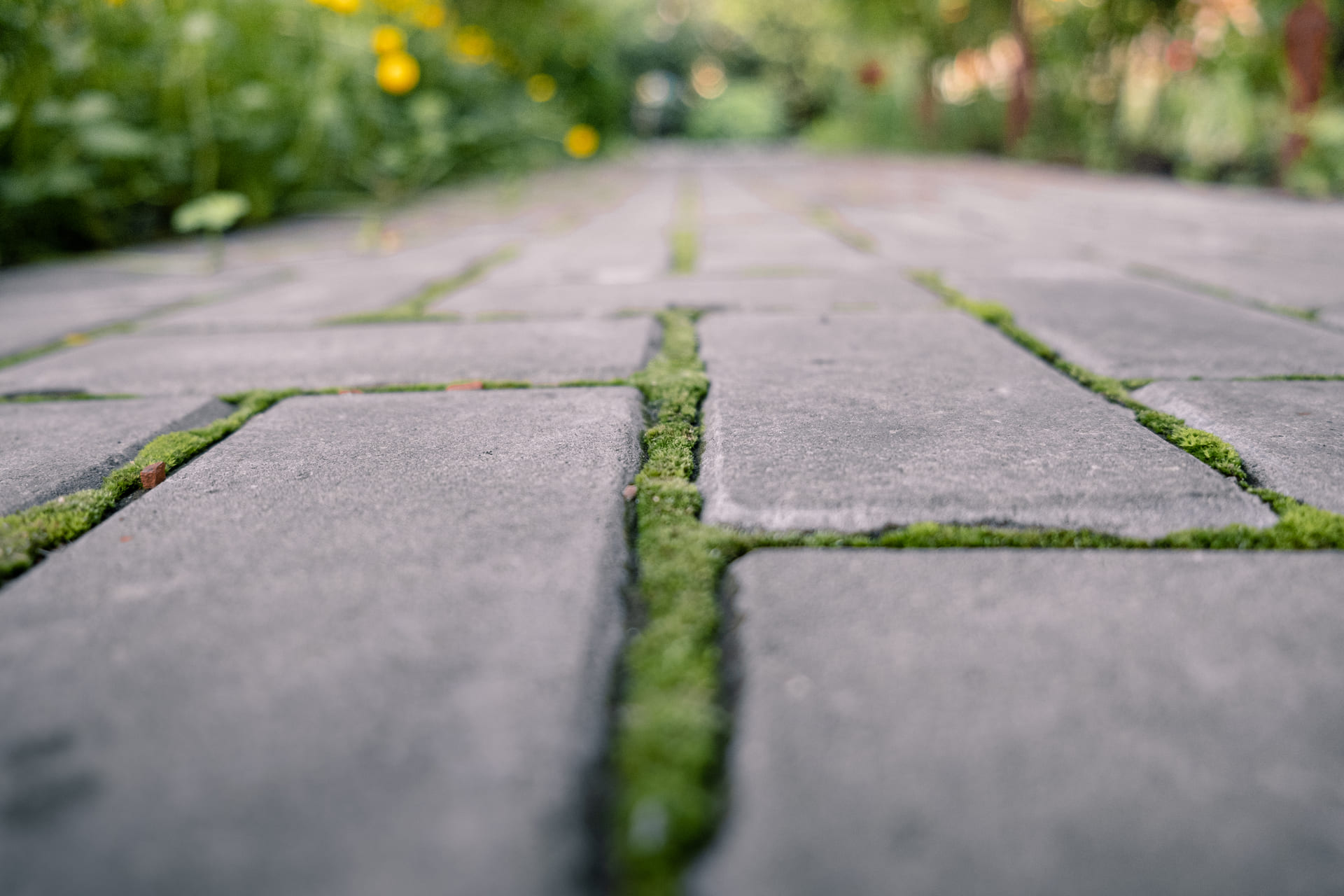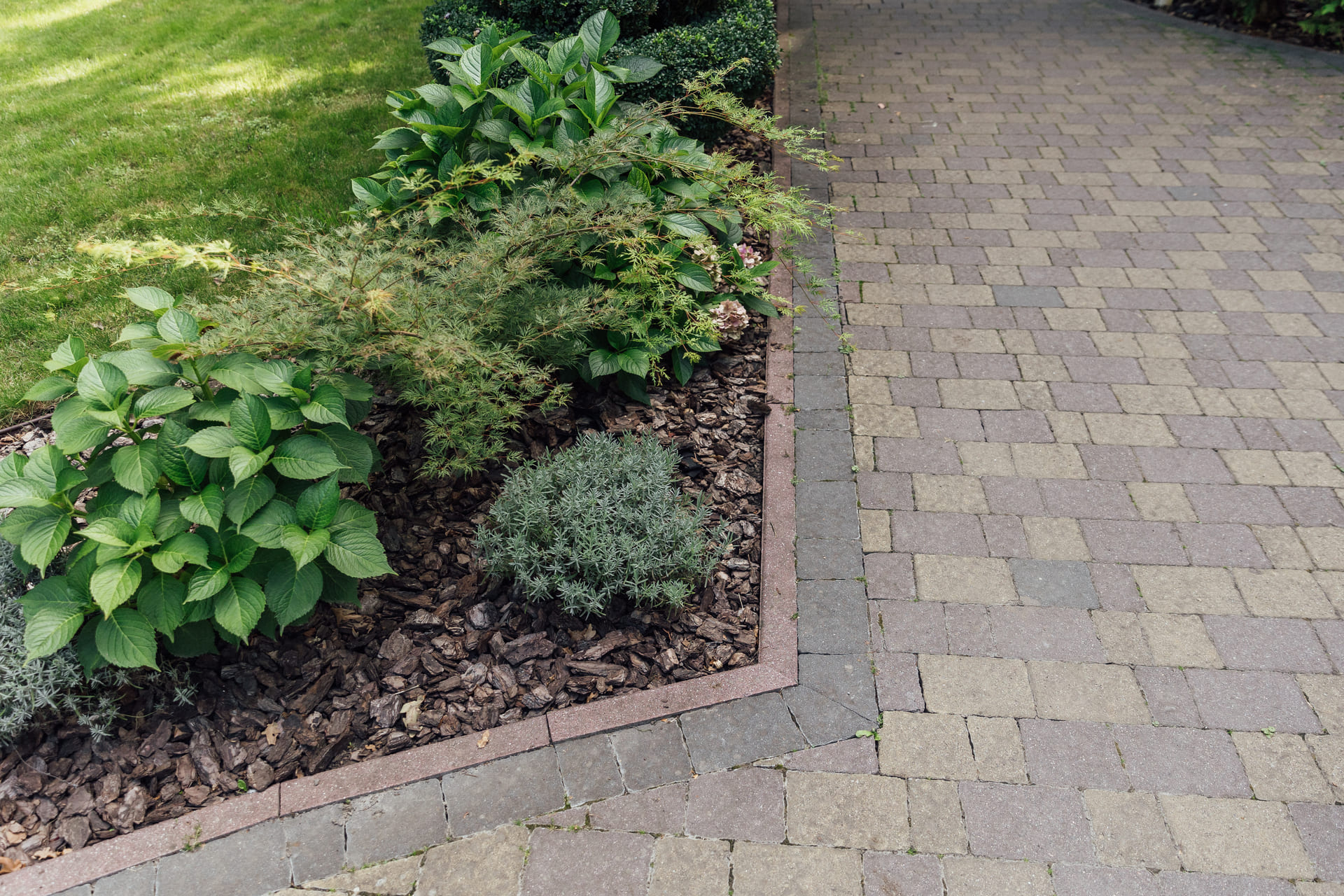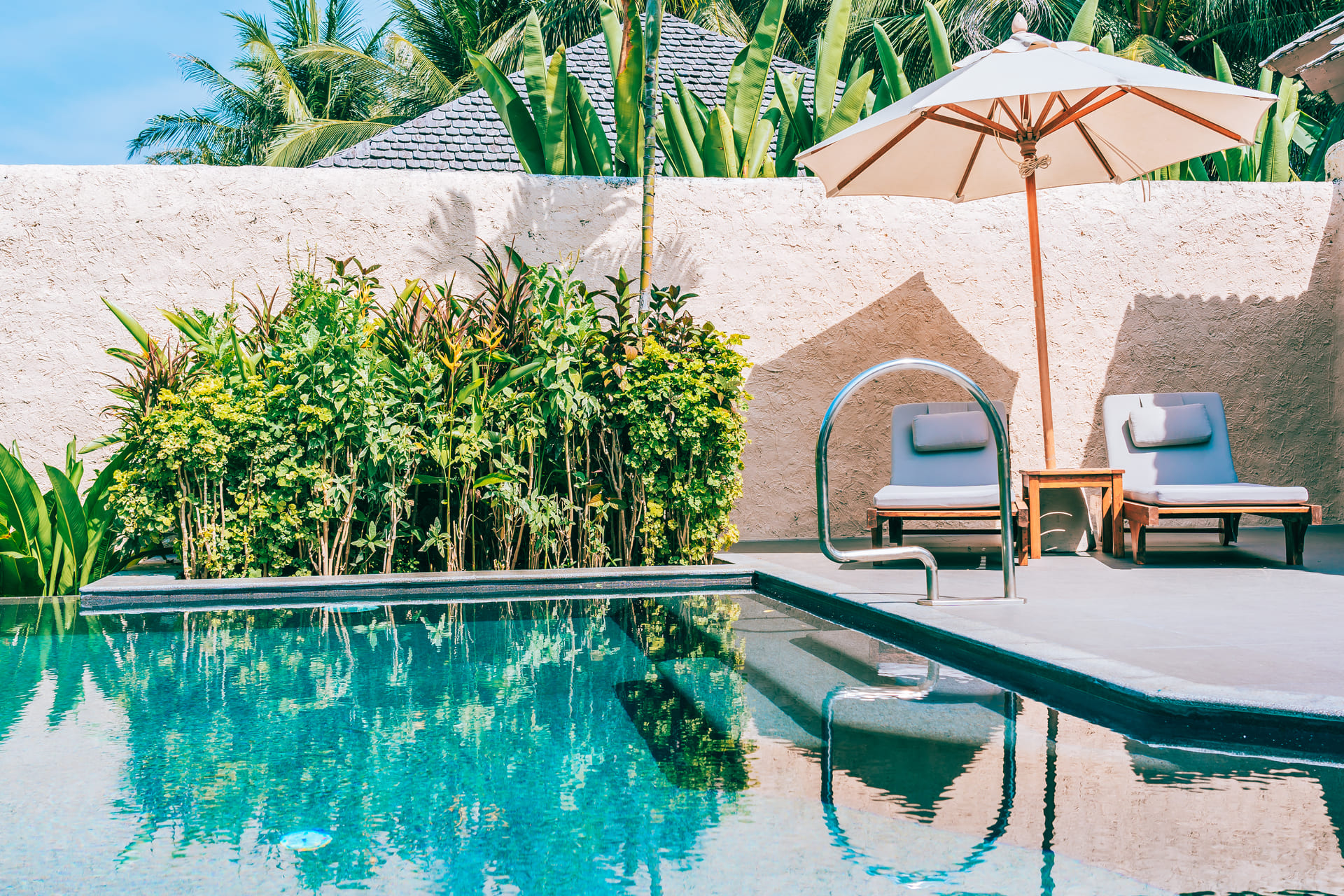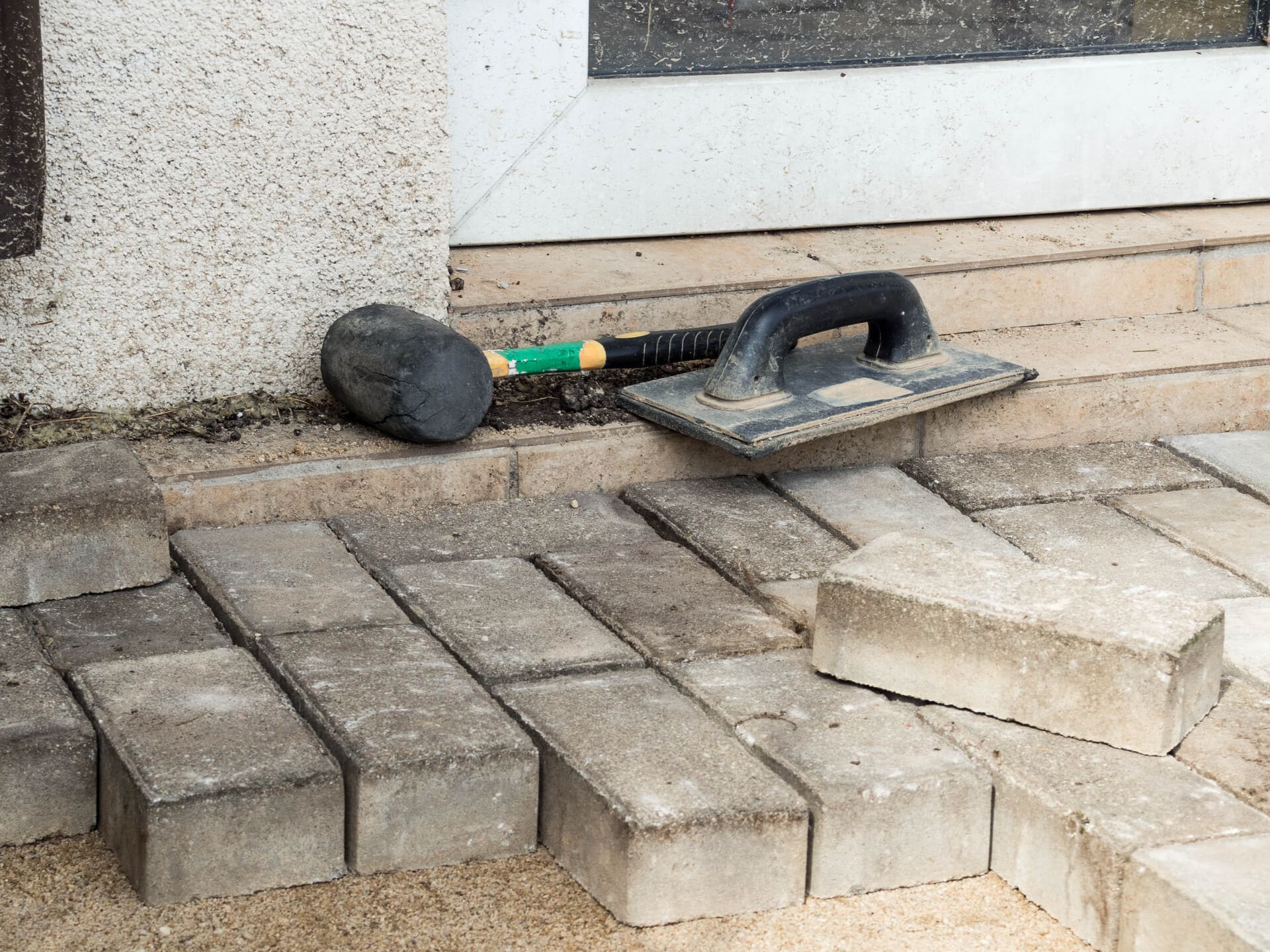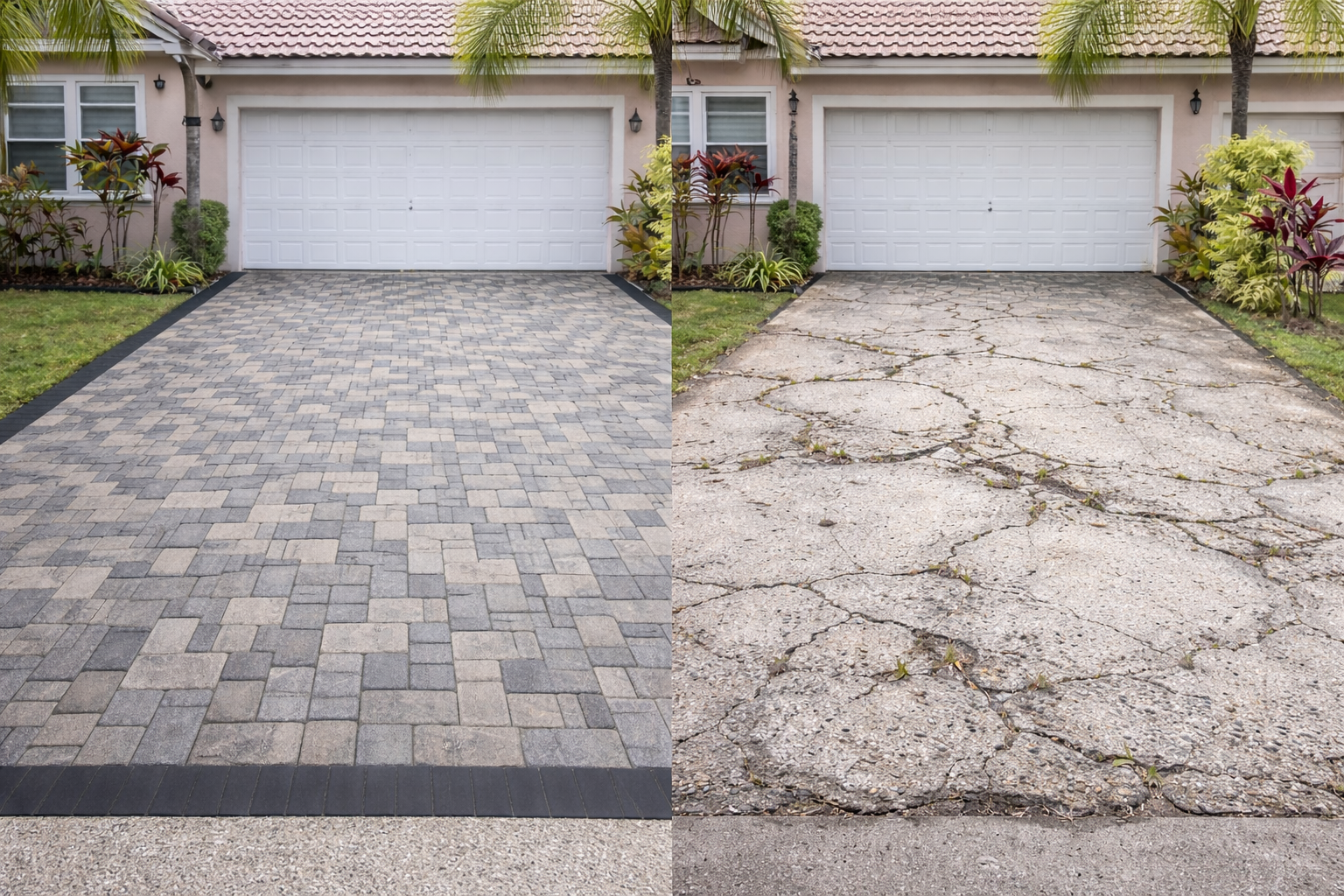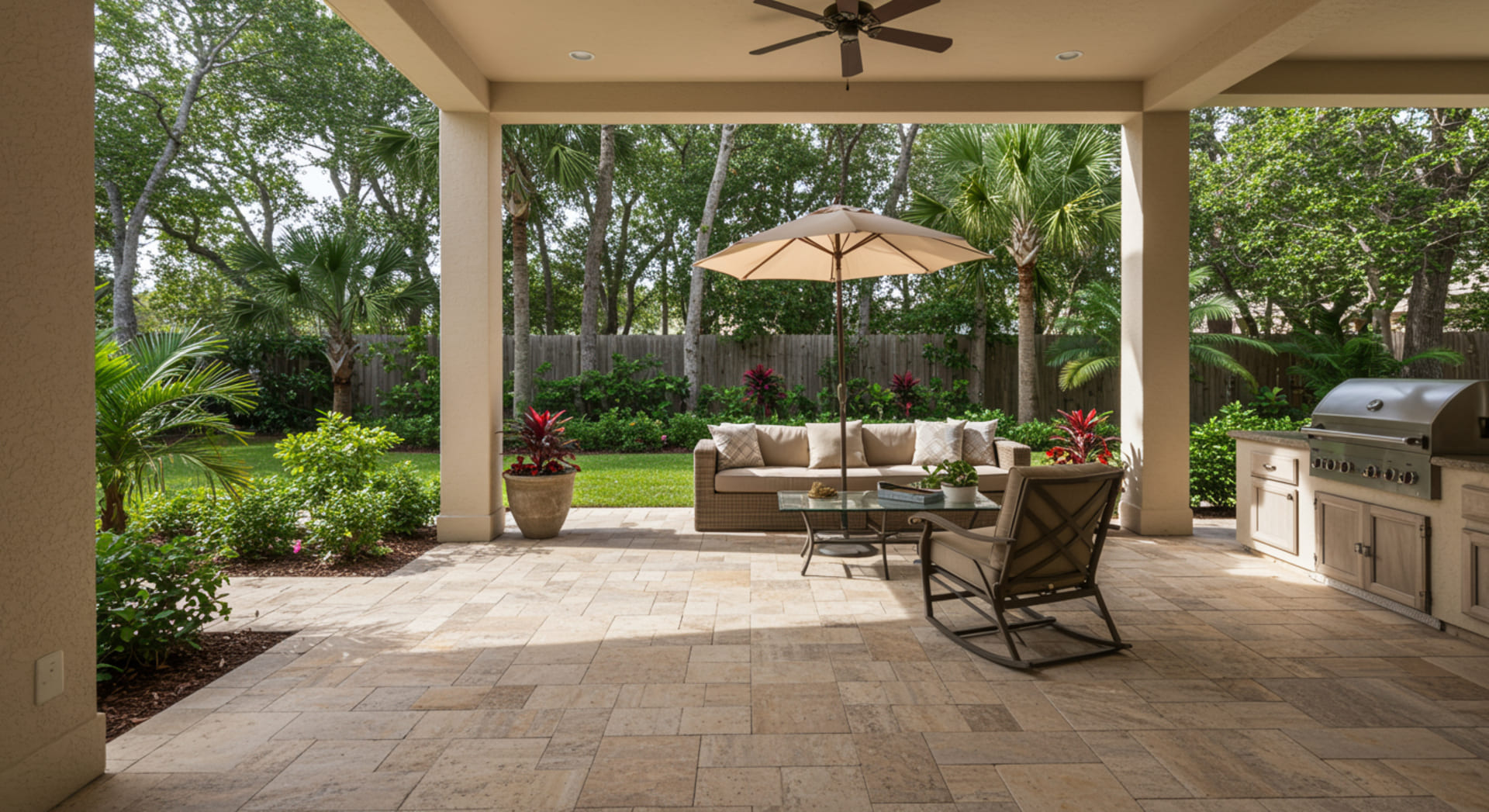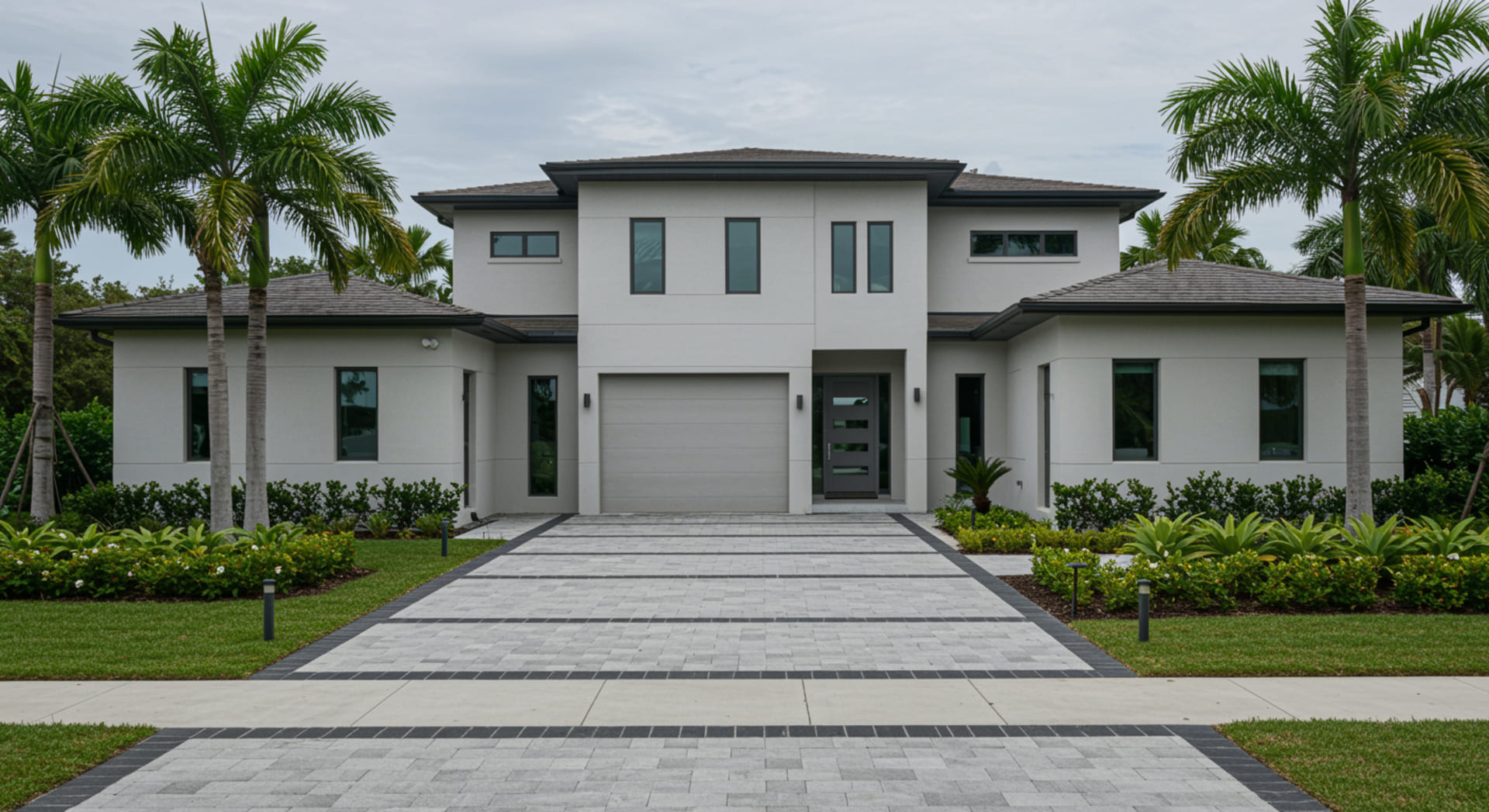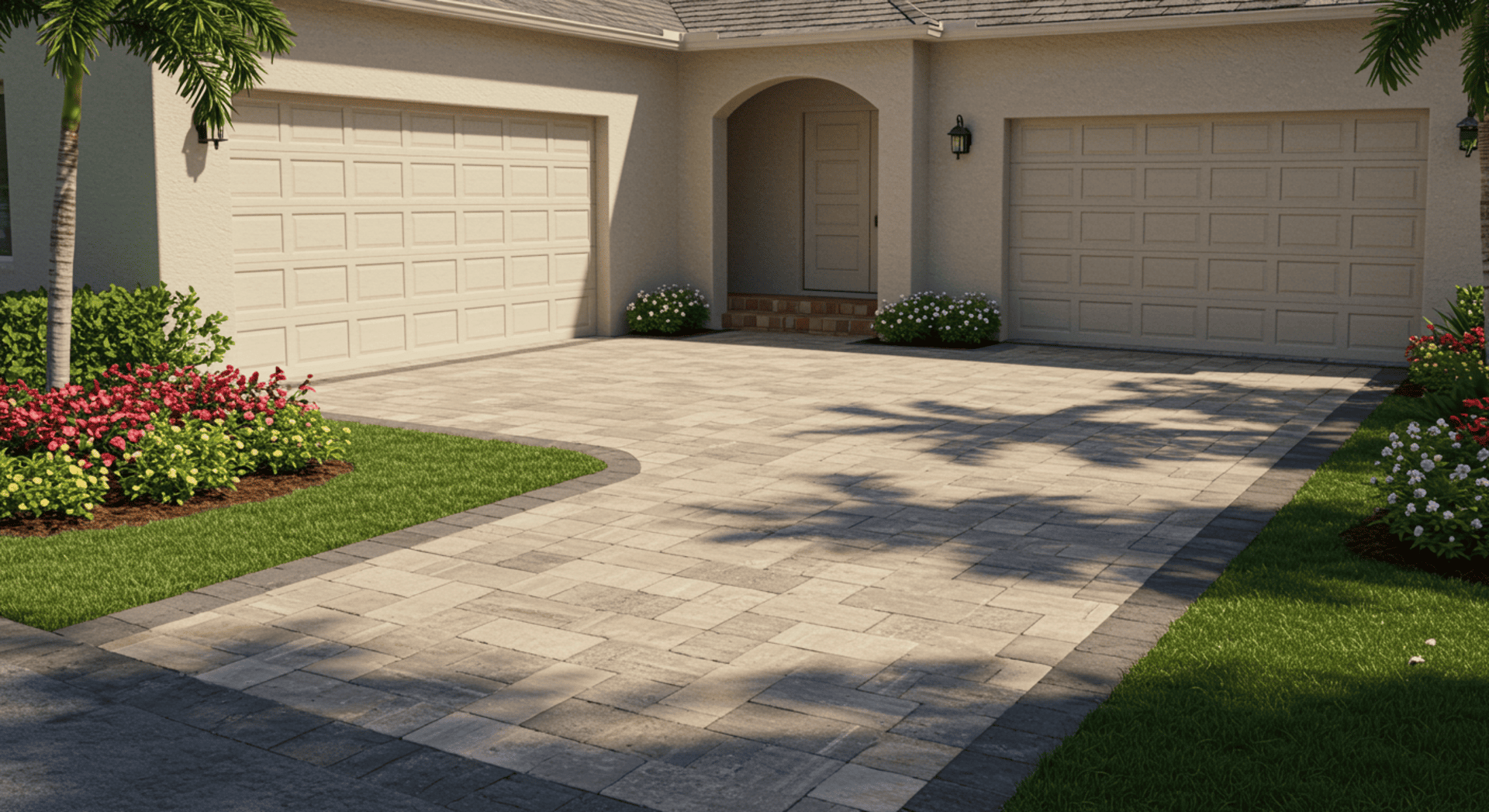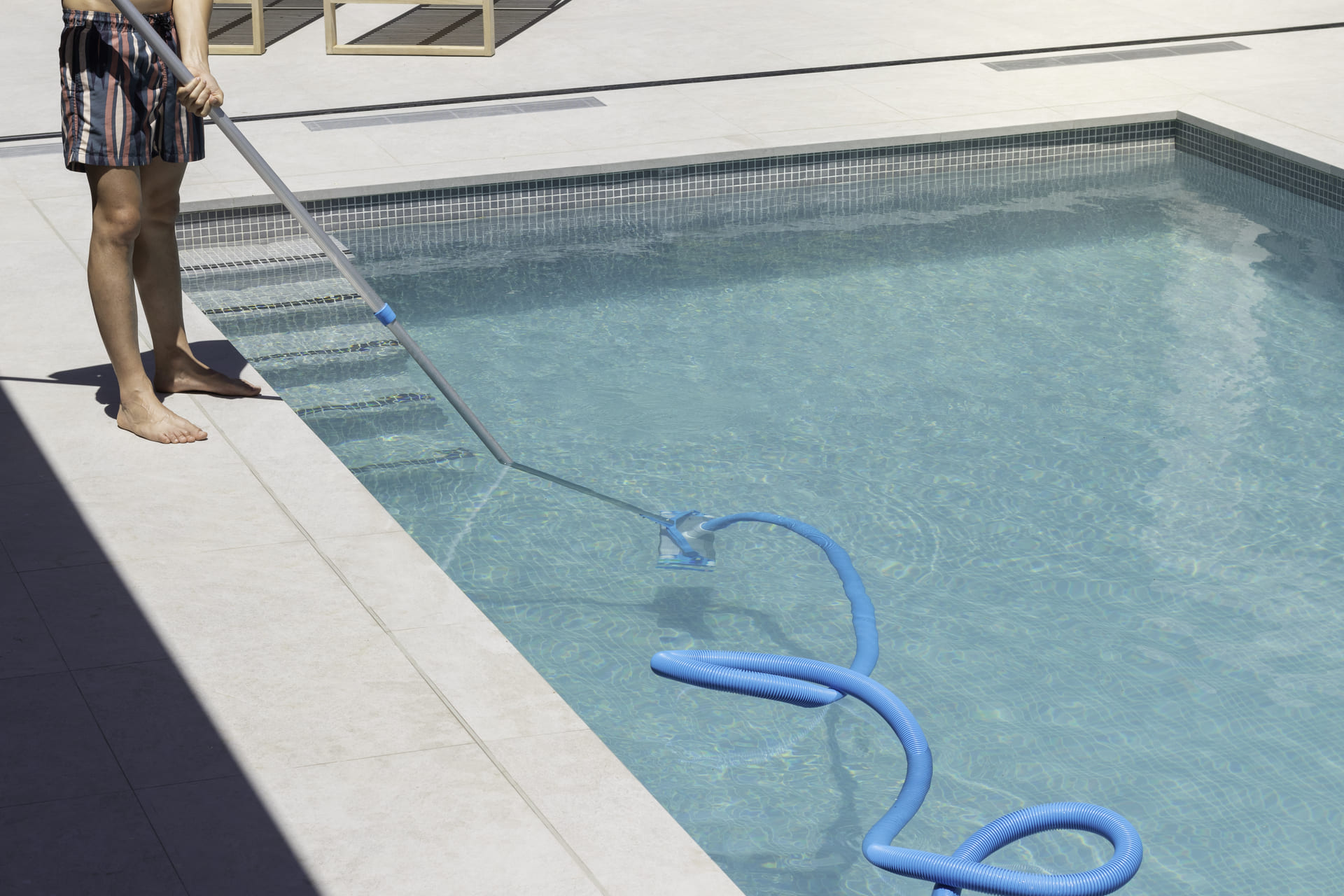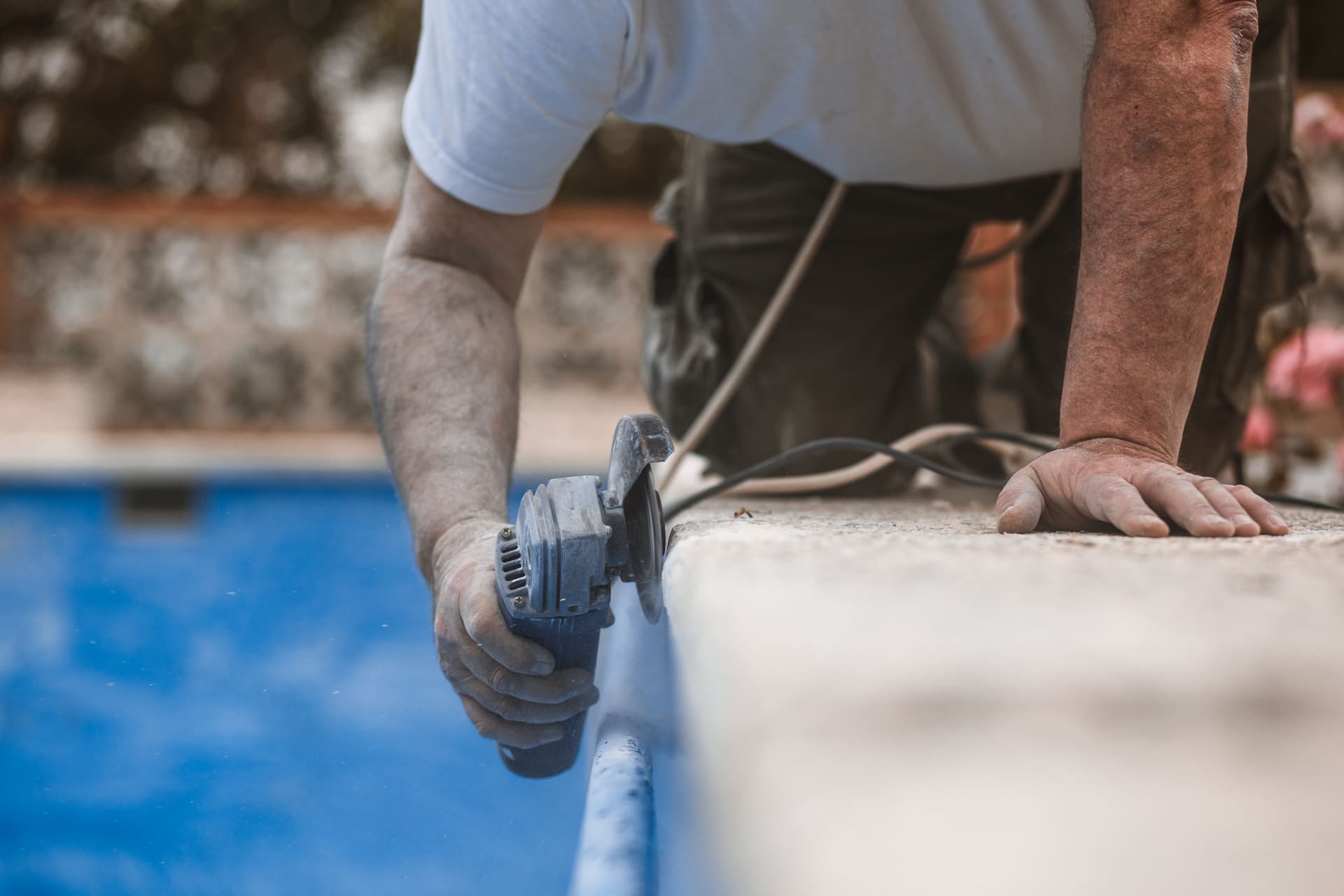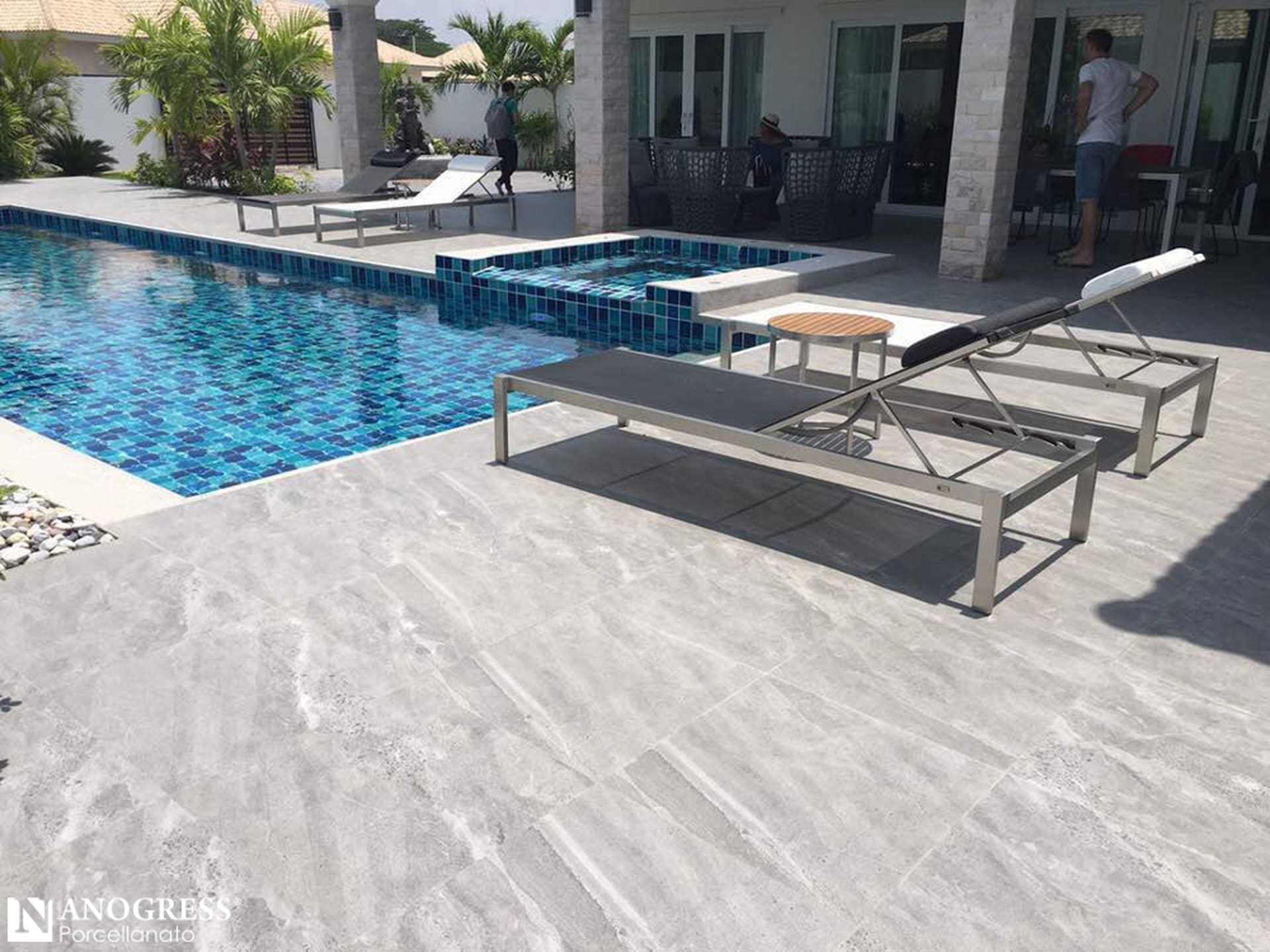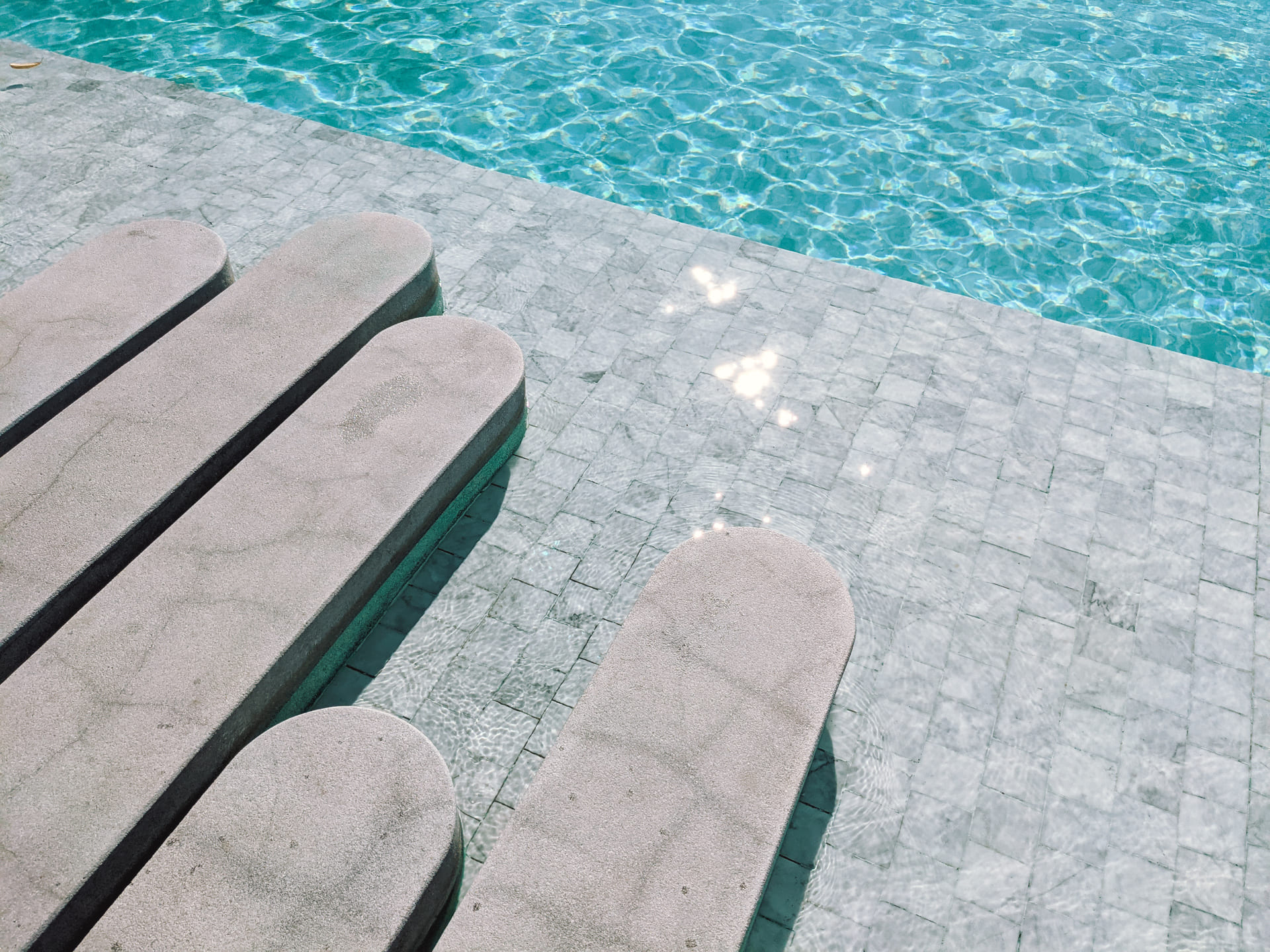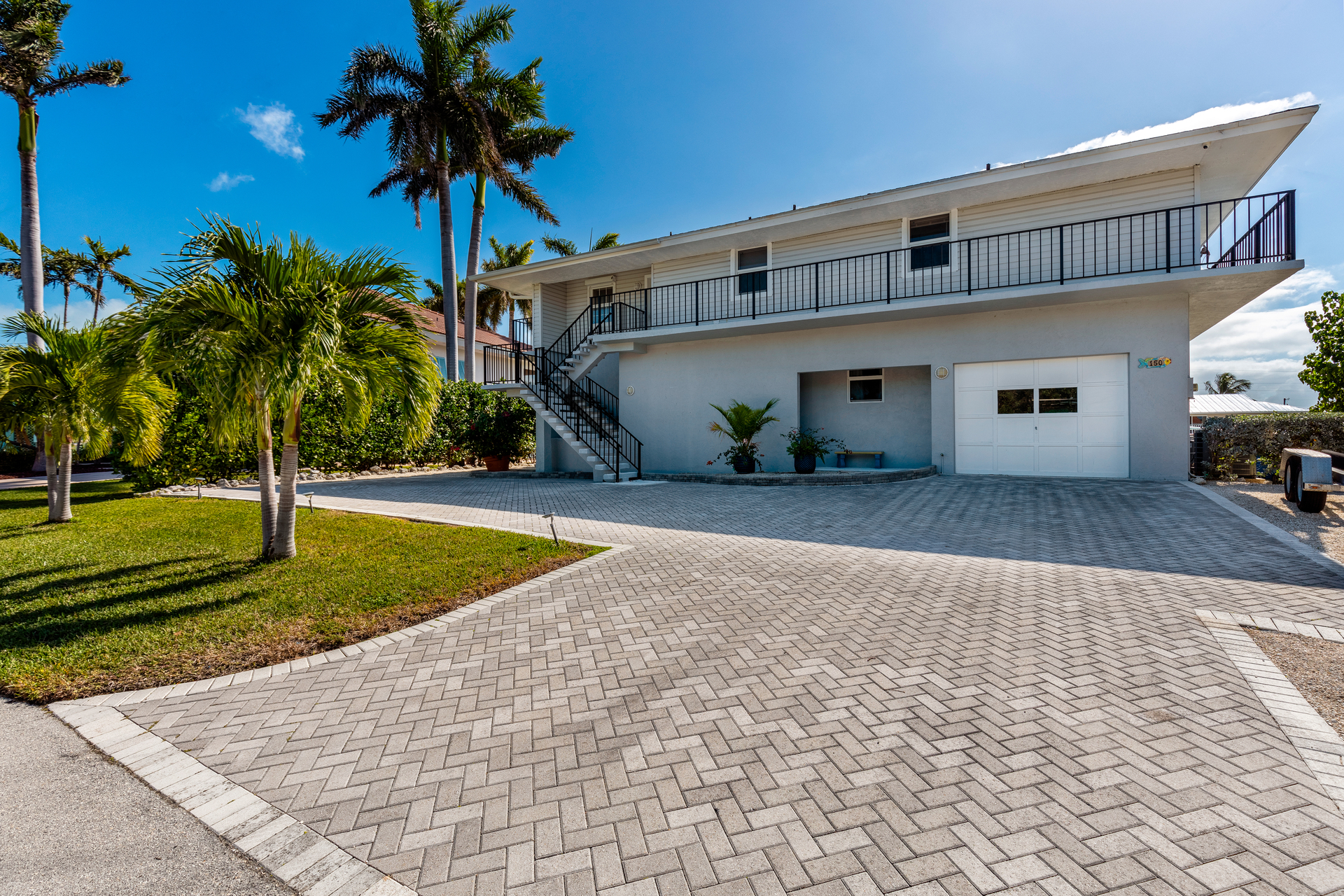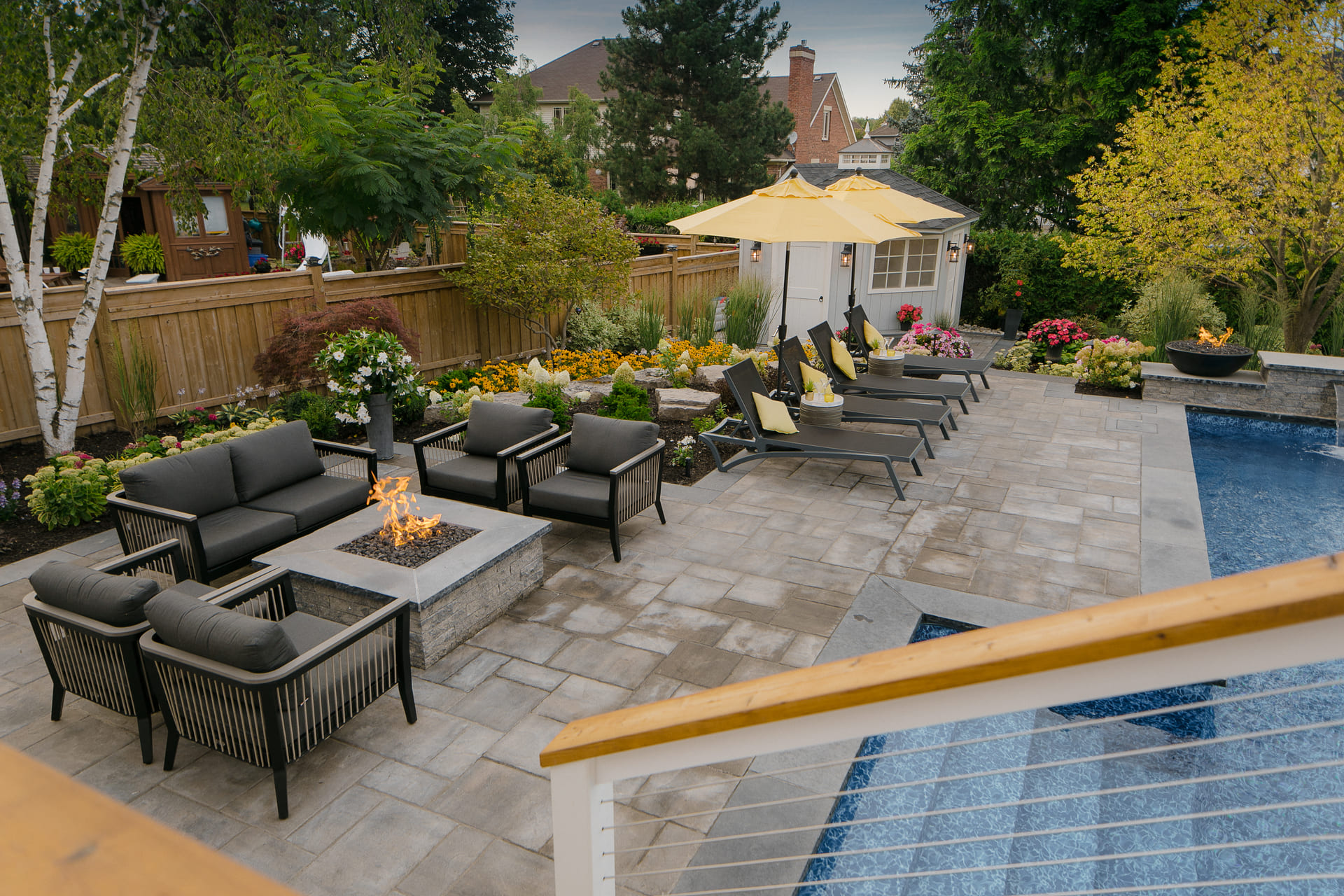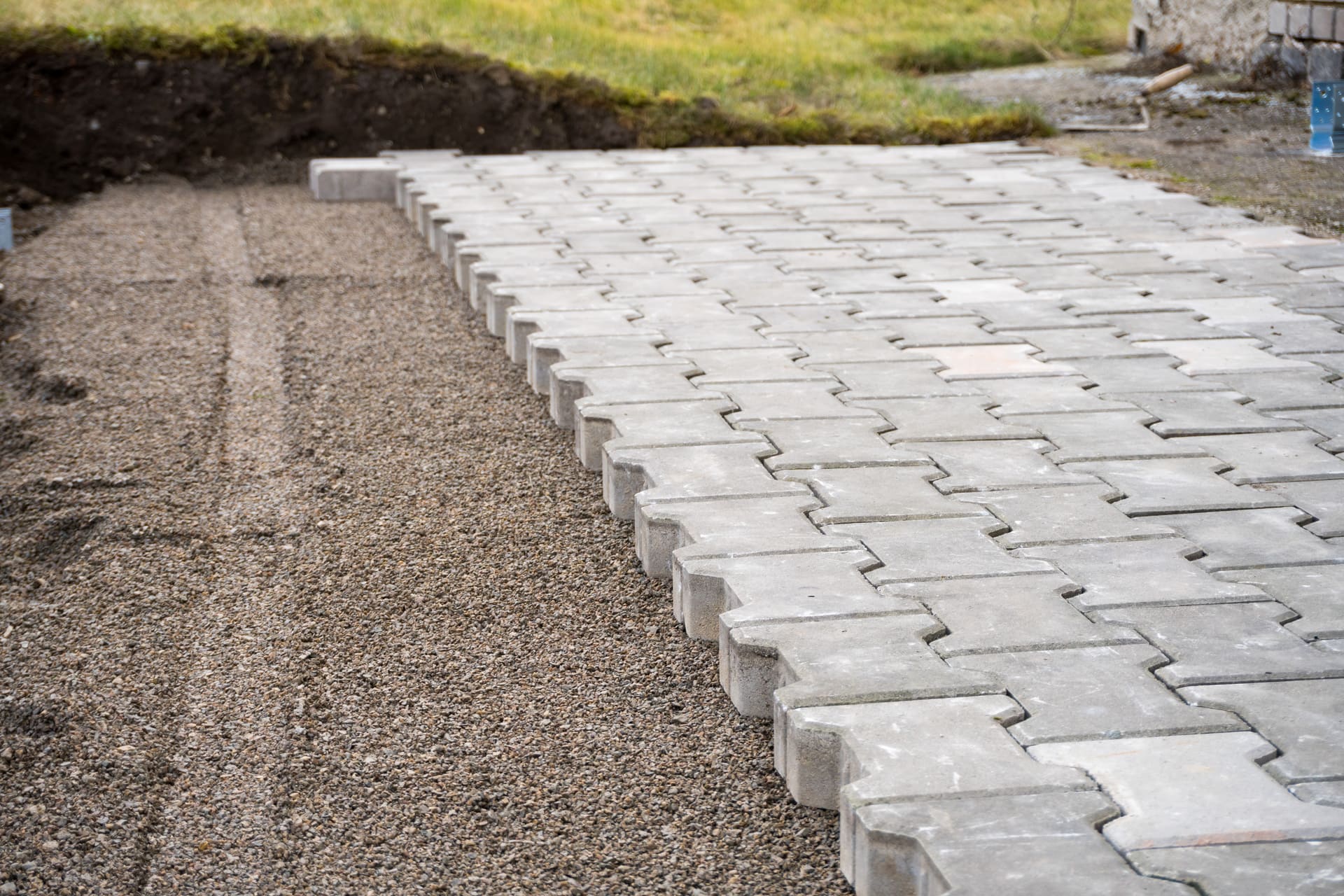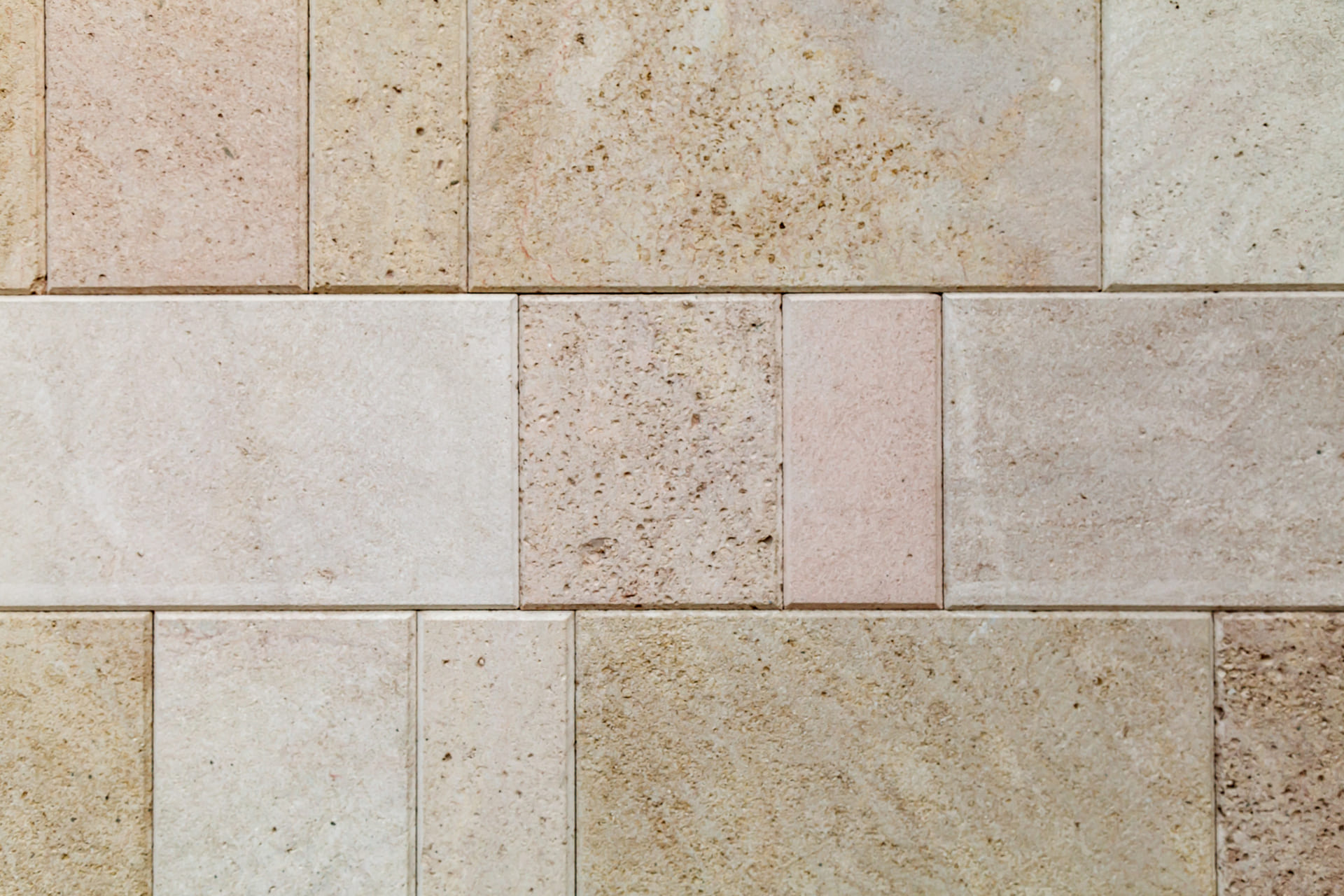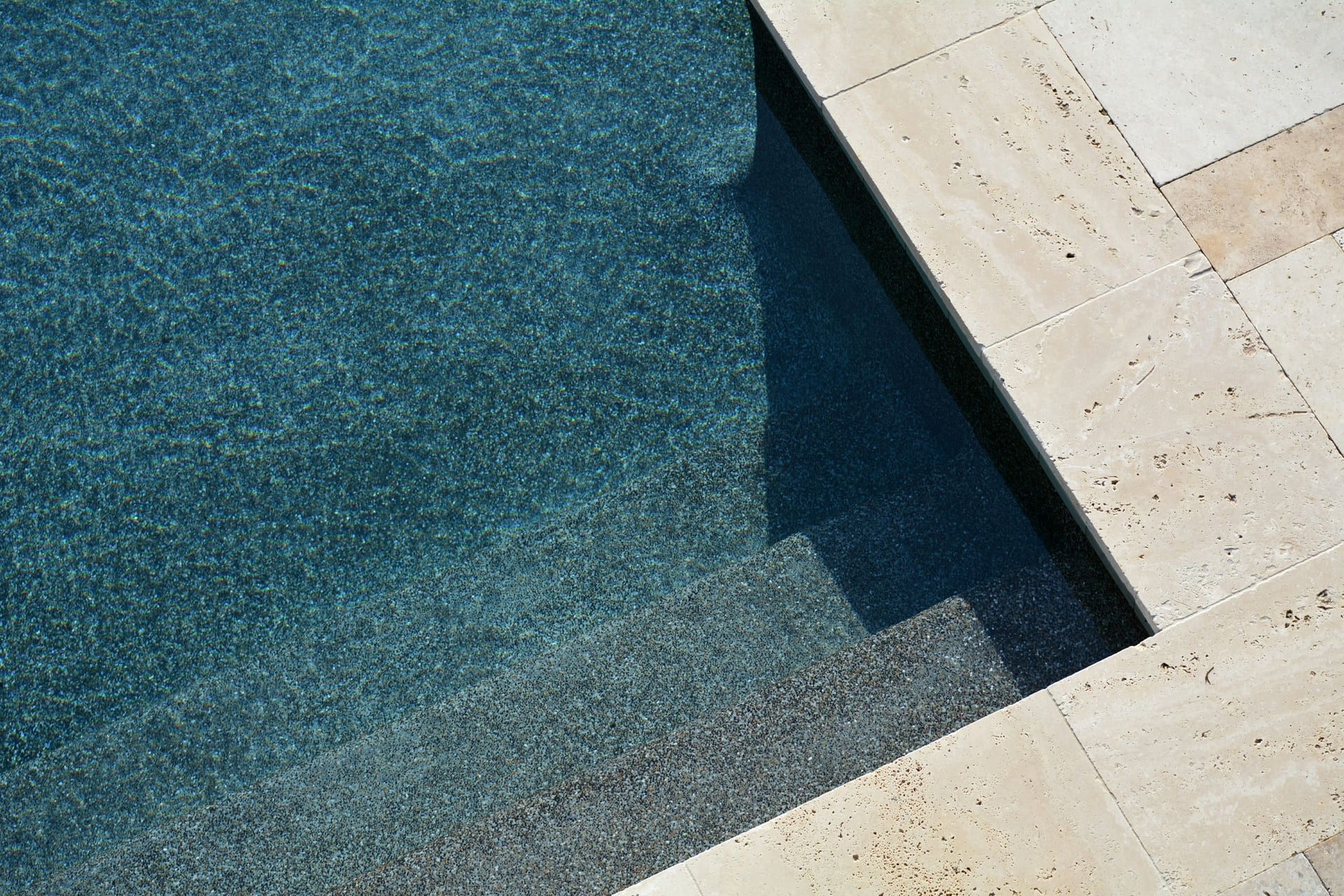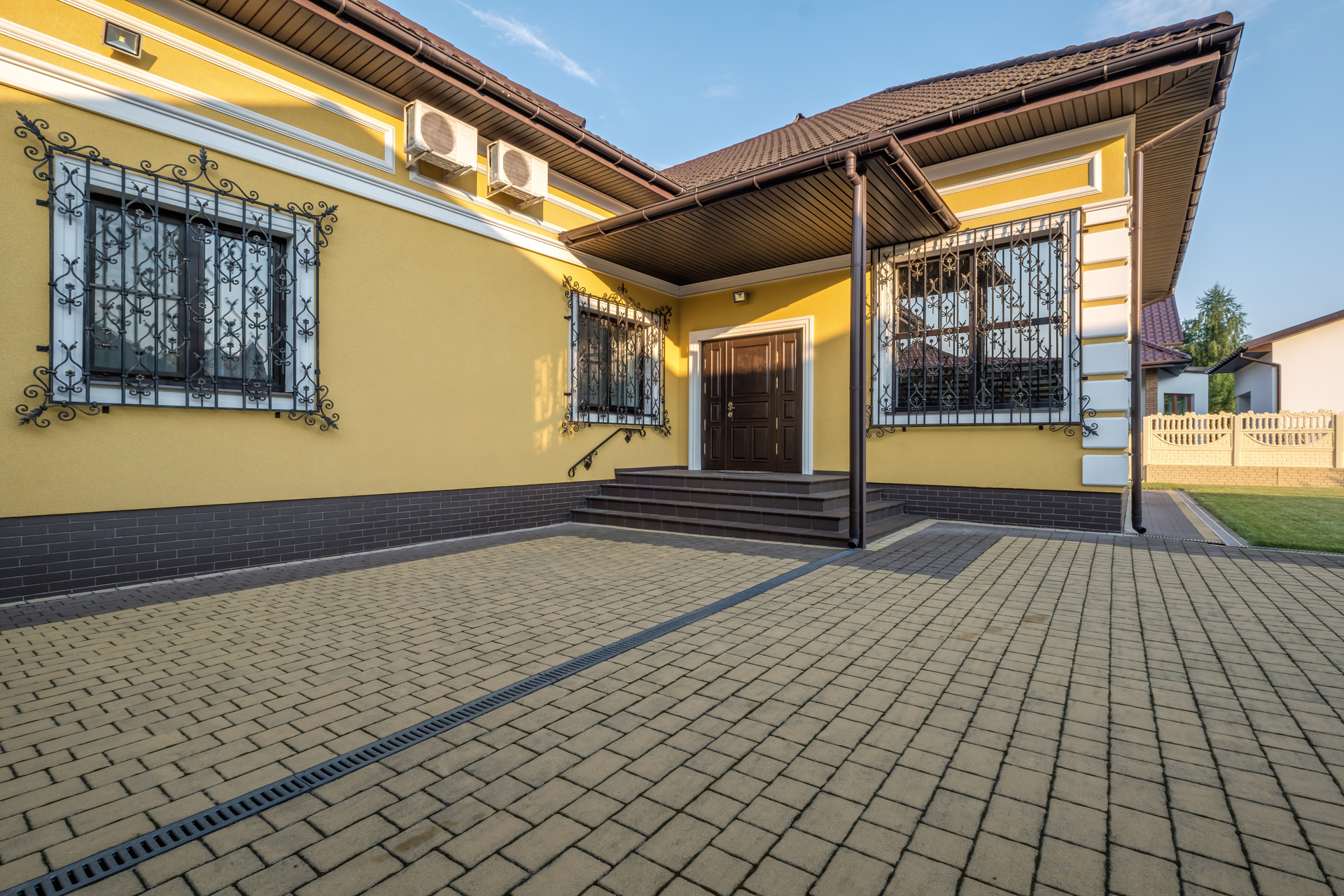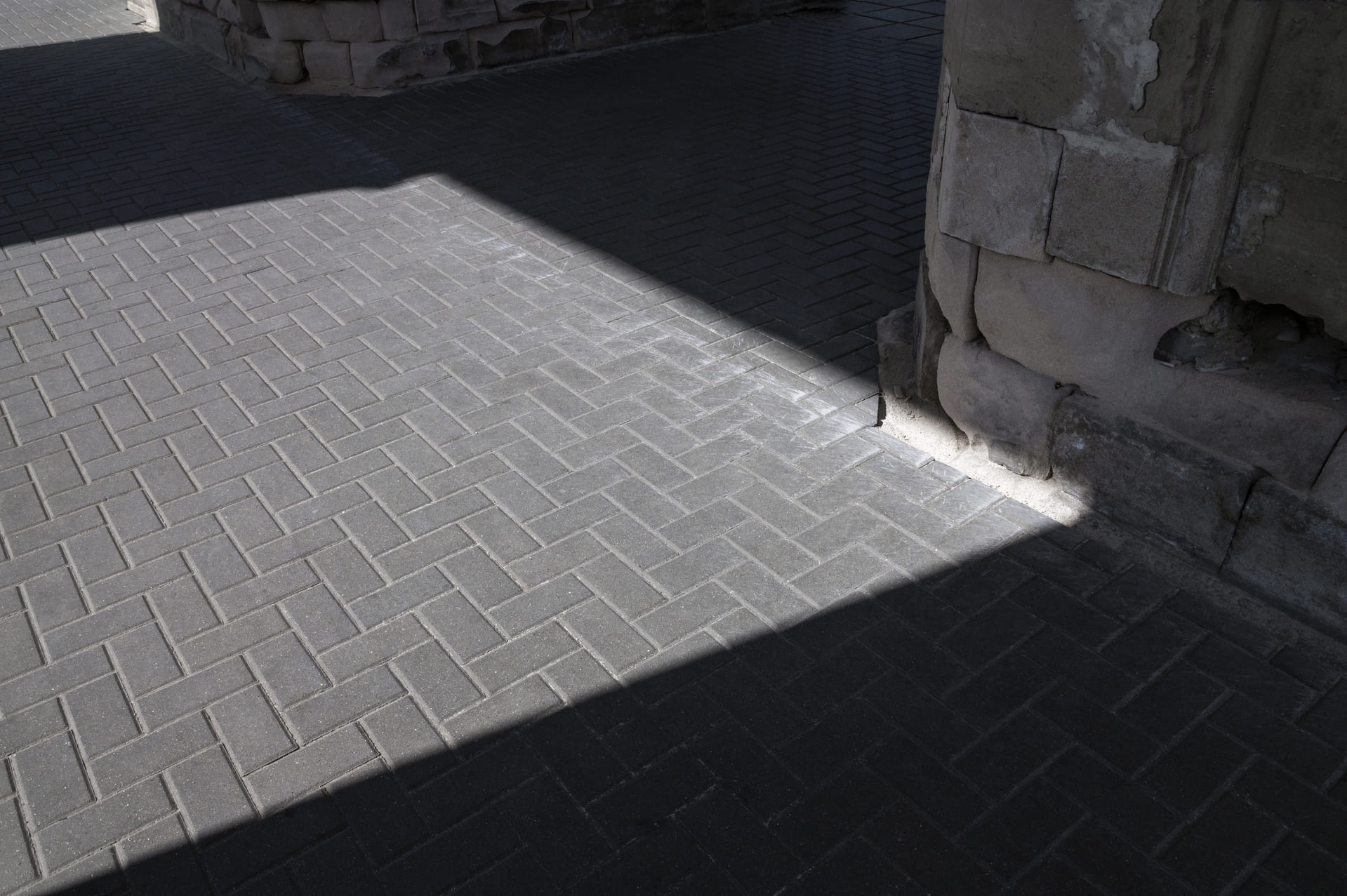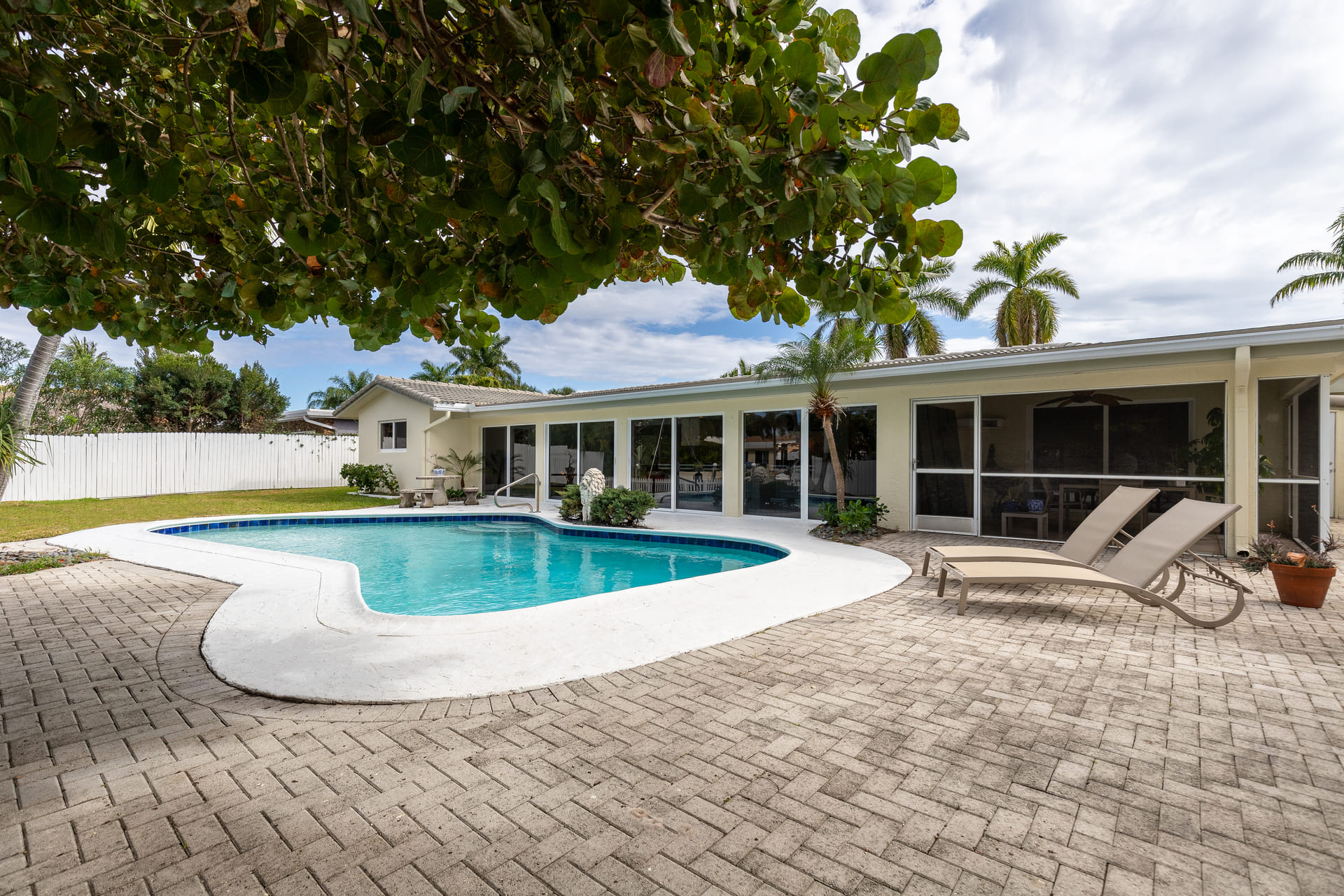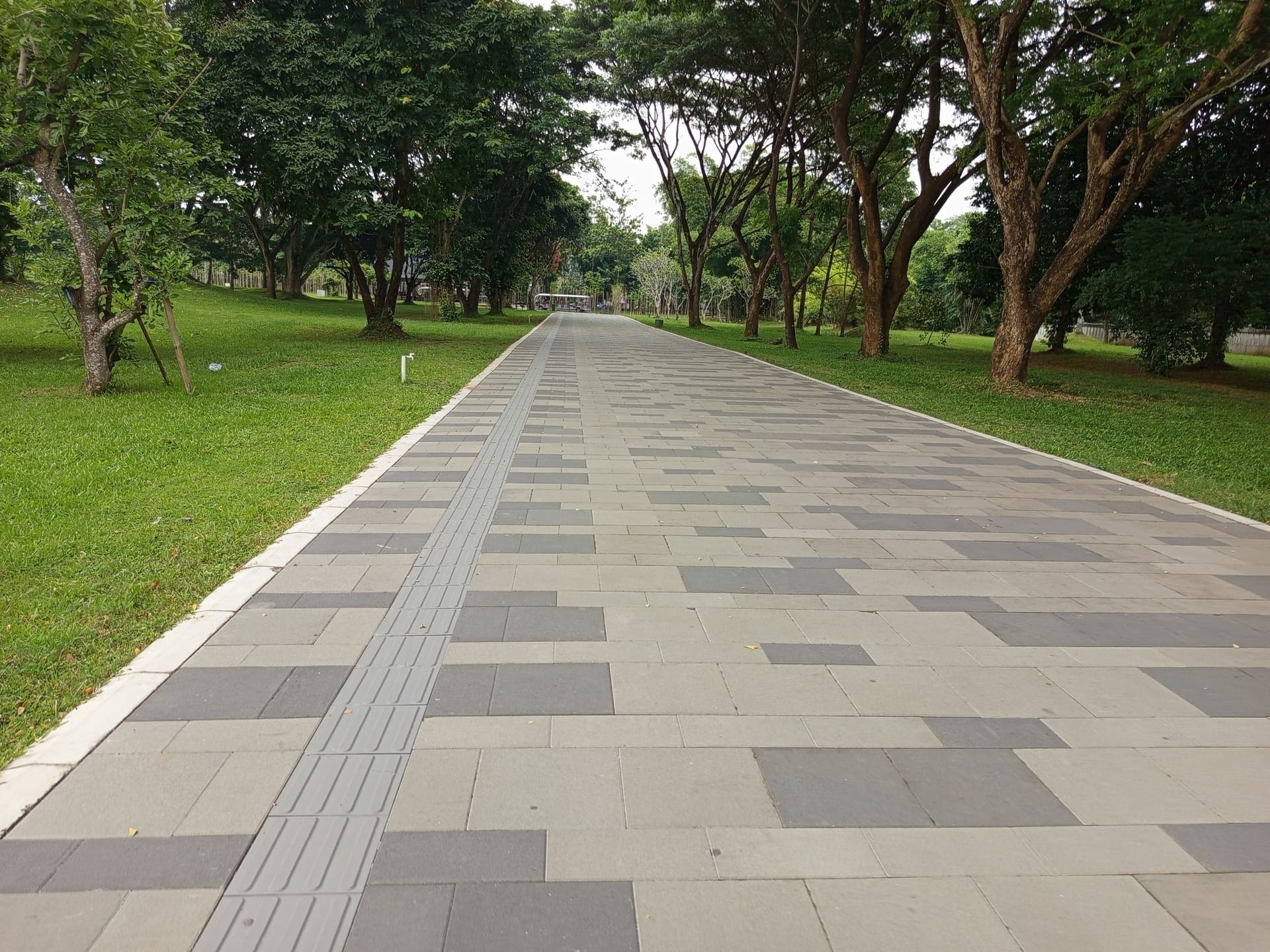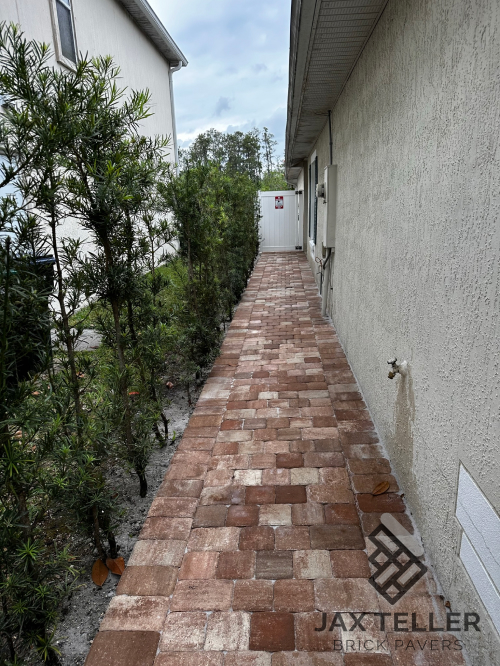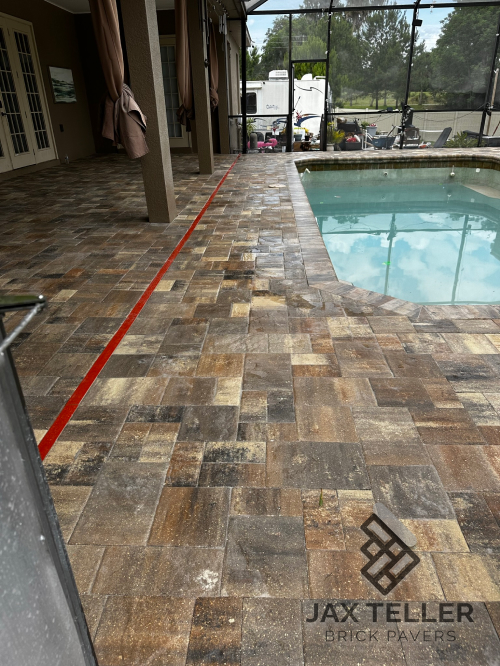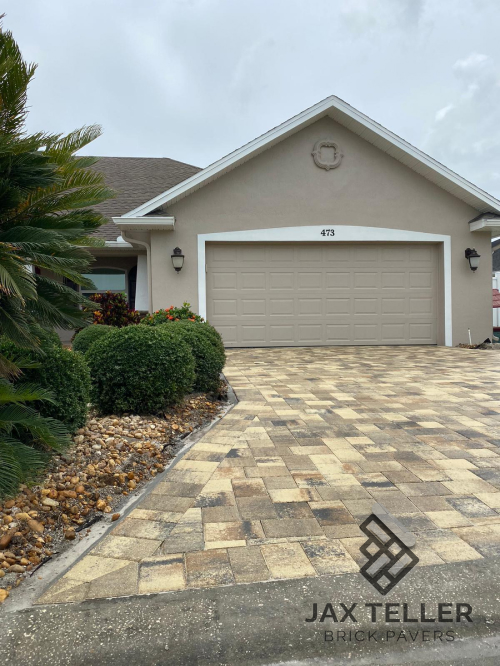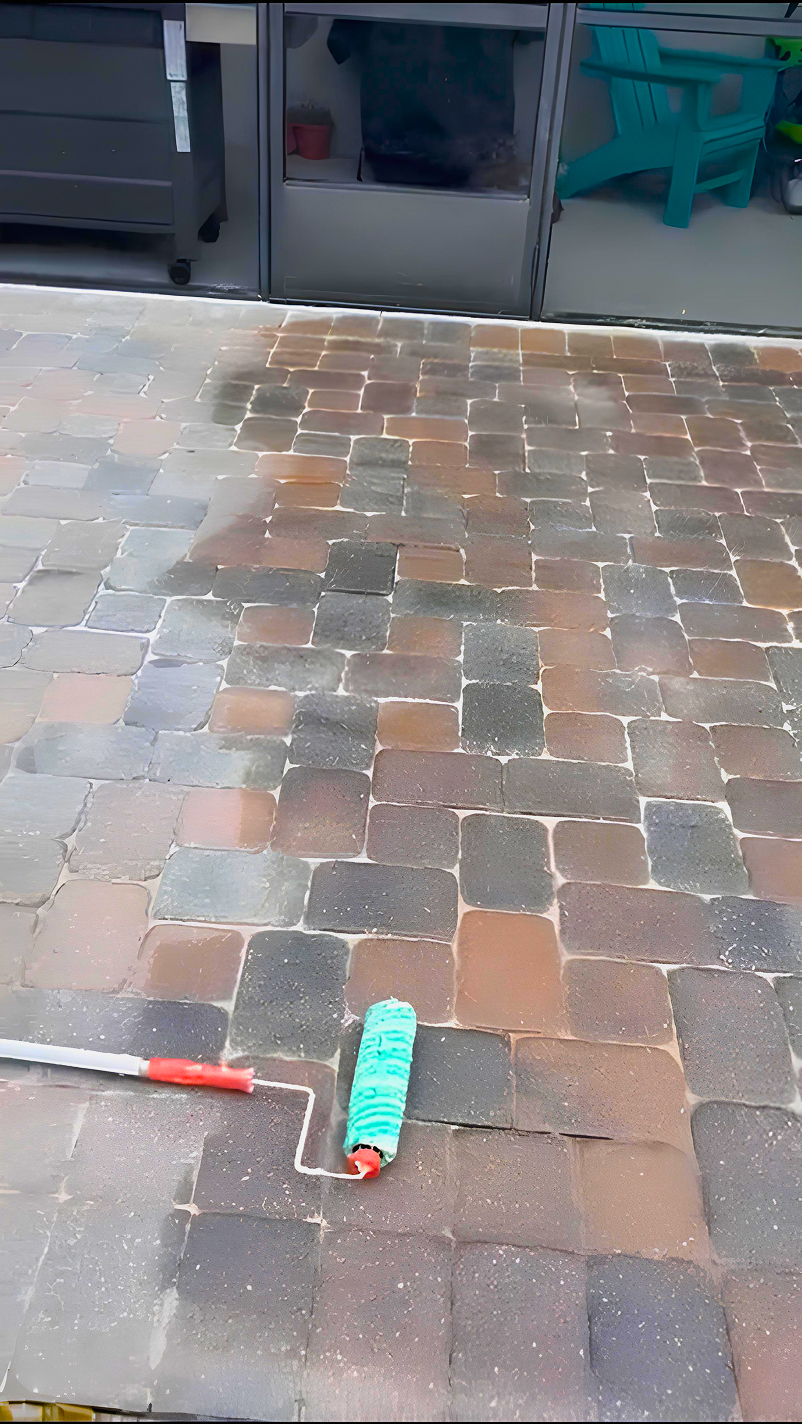Homeowners often ask: Do Travertine Pavers Need to Be Sealed in Florida? The answer is yes. Travertine is strong on its own, but Florida’s climate creates unique challenges. Heavy rains, salt air, and pool chemicals can shorten its lifespan. Sealing prevents those issues and keeps the stone looking beautiful for decades.
Why Sealing Matters in Florida
Florida is hot, humid, and rainy. Without protection, travertine absorbs water and stains more easily. By sealing the surface, you:
- Block moisture before it penetrates.
- Stop chlorine, salt, and chemicals from damaging the stone.
- Prevent food, oil, and organic matter from leaving marks.
- Highlight the stone’s natural colors.
- Increase the overall lifespan of the installation.
Therefore, sealing is more than an optional step. It is the smartest way to protect your investment.
Is Sealing Always Required?
You can leave travertine unsealed, and it will still perform well for a while. However, in Florida, the risks are higher. Rainfall is frequent, and most decks sit near pools. Without sealer, stains and fading appear faster. As a result, sealing becomes the safer and more cost-effective choice.
Types of Sealers for Travertine
Choosing the right sealer makes a difference:
- Penetrating Sealers sink into the stone and provide invisible protection.
- Enhancing Sealers protect while deepening color and texture.
- Water-Based Sealers allow the stone to breathe and are eco-friendly.
Each option works, but the choice depends on whether you want a natural or enhanced look.
How Often Should You Seal Travertine in Florida?
In most cases:
- Pool decks need resealing every 2–3 years.
- Patios and walkways may last 3–5 years before another coat.
The frequency depends on use, exposure to water, and the quality of the original sealer.
Signs That It’s Time to Reseal
You’ll know it’s time when:
- Water no longer beads on the surface.
- The stone looks faded or dull.
- Stains appear and resist cleaning.
- The surface feels more slippery than usual.
These signals show that the protective barrier is wearing off.
Professional vs DIY Sealing
You can apply sealer yourself with the right tools. However, professionals often achieve better results because they:
- Clean and prep the surface correctly.
- Apply even coverage with no missed spots.
- Use commercial-grade sealers that last longer.
DIY is possible, but hiring pros saves time and avoids costly mistakes.
Final Verdict: Do Travertine Pavers Need to Be Sealed in Florida?
Yes. Do Travertine Pavers Need to Be Sealed in Florida has a clear answer. Sealing protects against Florida’s heat, rain, and pool chemicals. It also keeps your deck or patio looking fresh for years. For homeowners, sealing is a small step that delivers major long-term value.
For a deeper dive into paver installations tailored to Largo, visit our project gallery here:
https://jaxtellerbrickpavers.com/projects
To review the official installation standards, visit the Interlocking Concrete Pavement Institute:
https://www.icpi.org/
Conclusion
Travertine is naturally strong, but sealing takes it to the next level. It prevents stains, enhances beauty, and extends lifespan. In Florida’s climate, sealing is not just smart — it is essential.
Ready to elevate your outdoor space with custom brick pavers?
Contact JaxTeller Brick Pavers at +1 407-907-8308 or jaxtellerbrickpavers@gmail.com for your free estimate!
